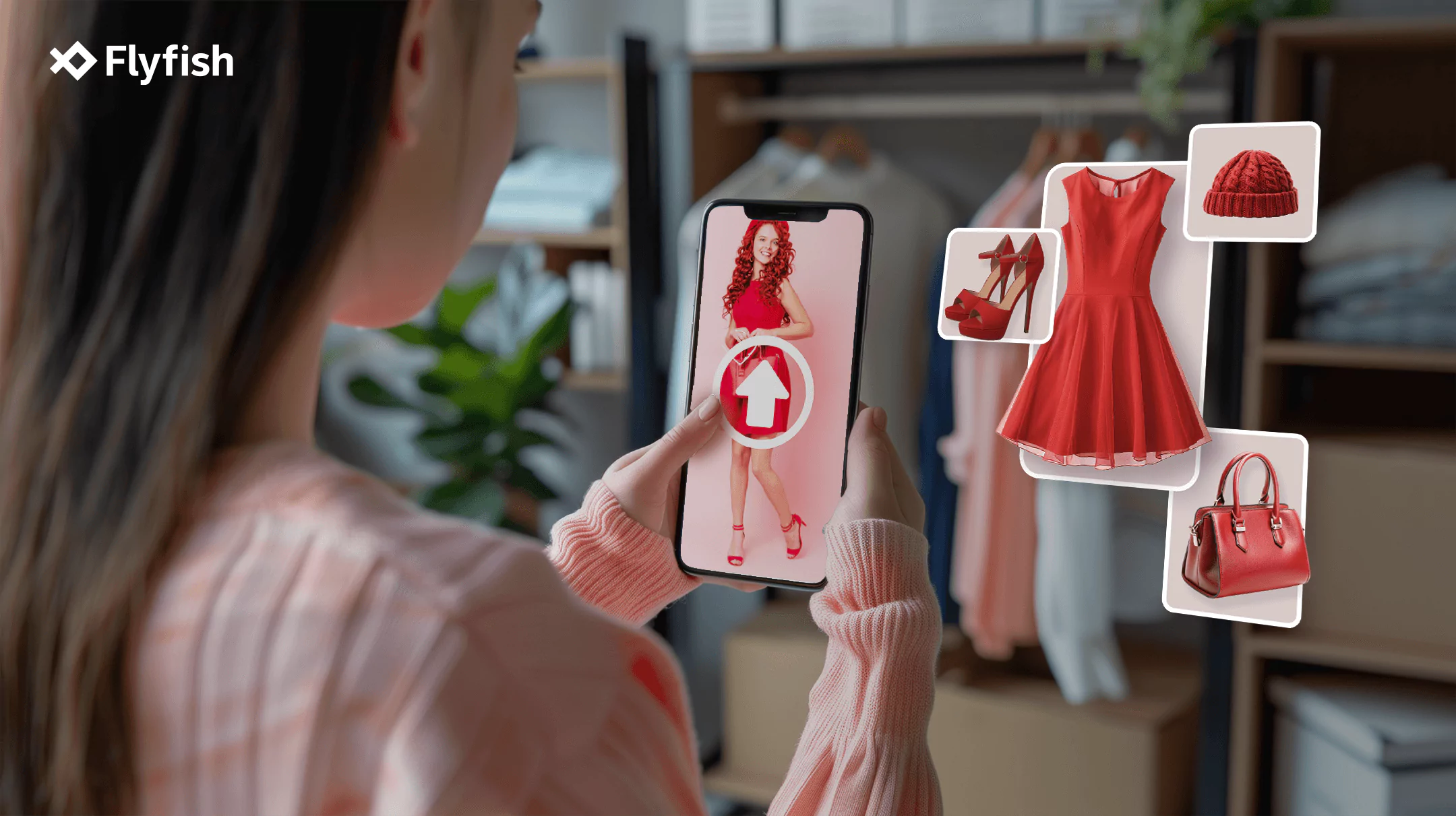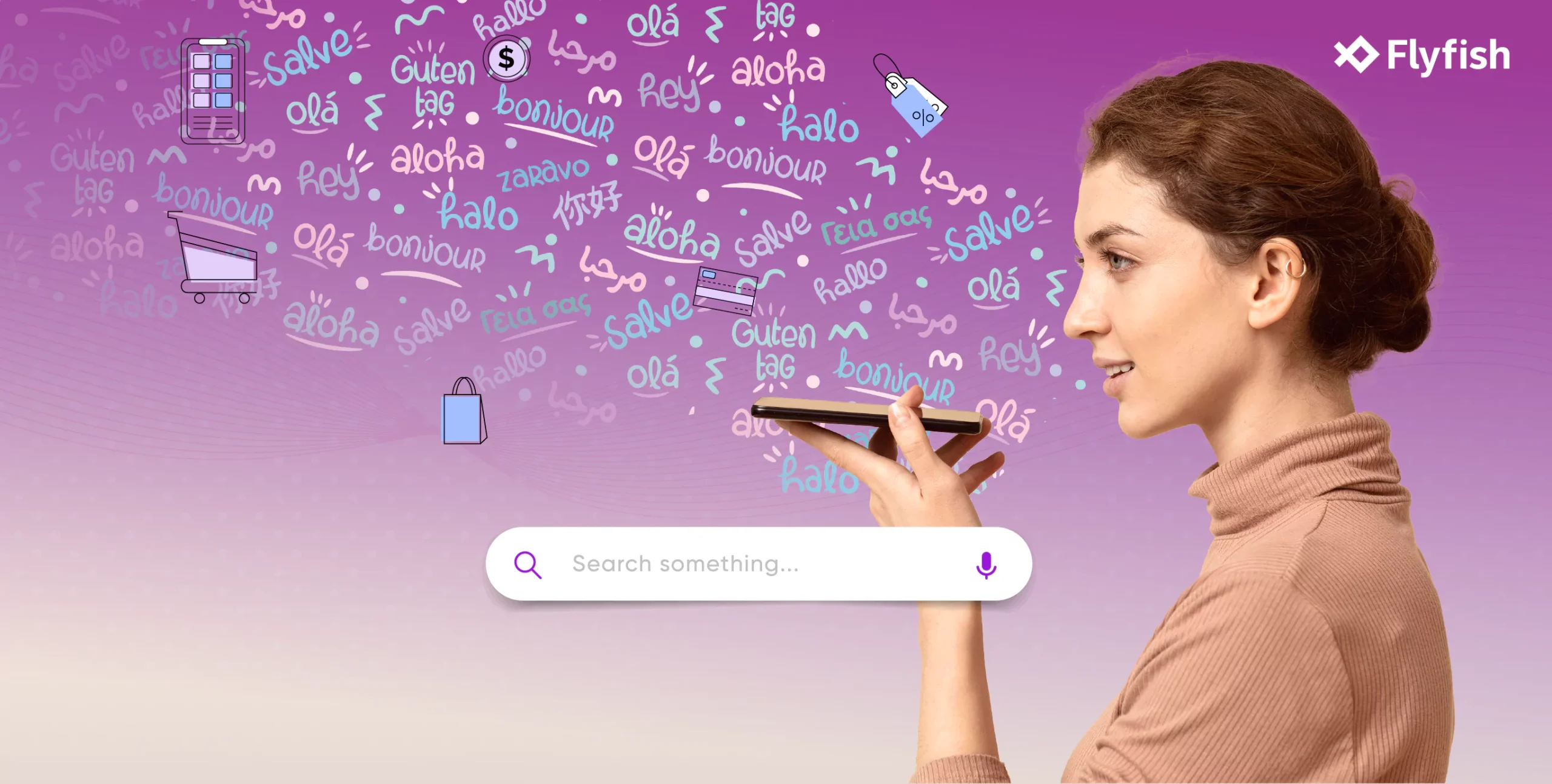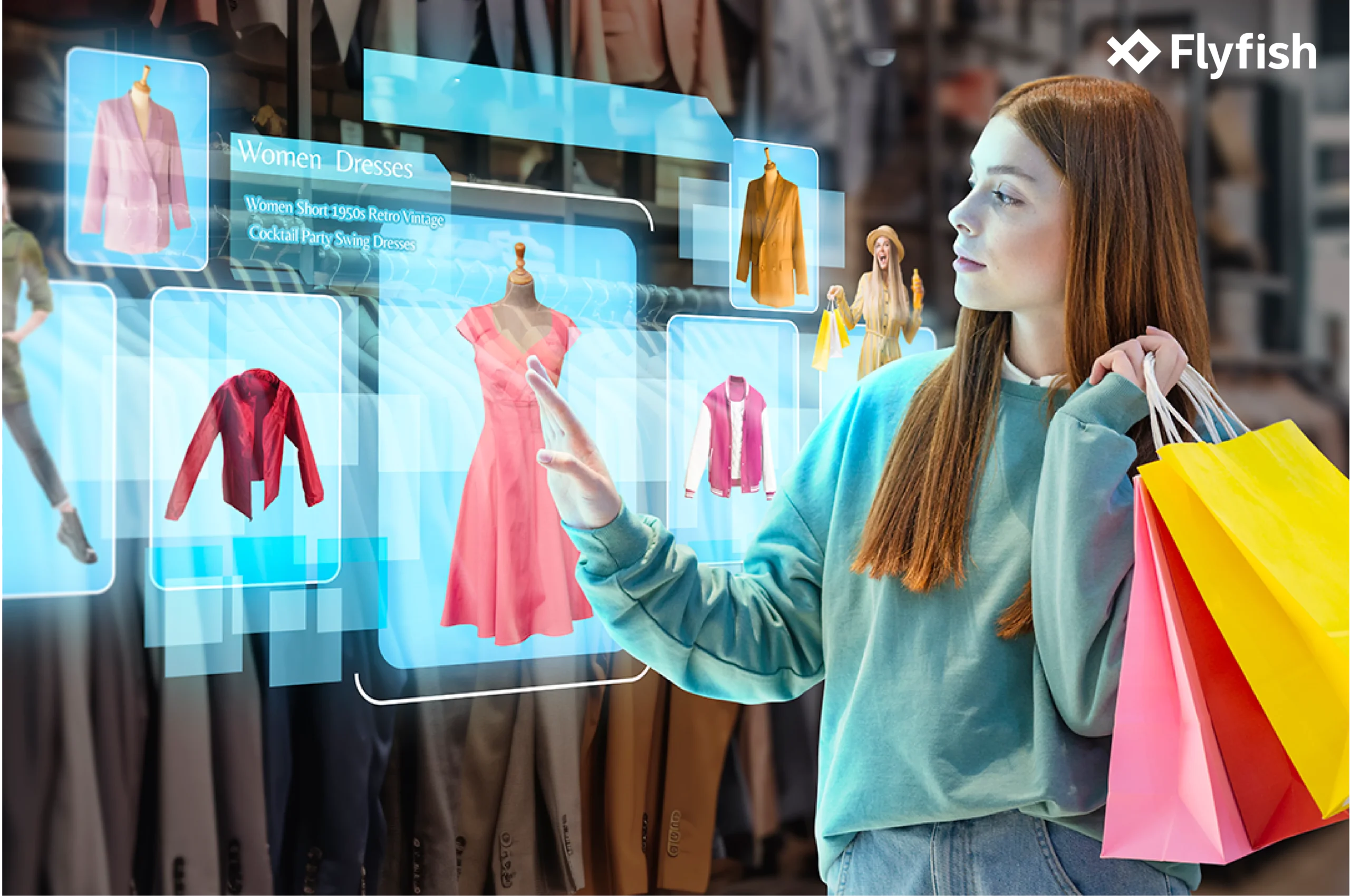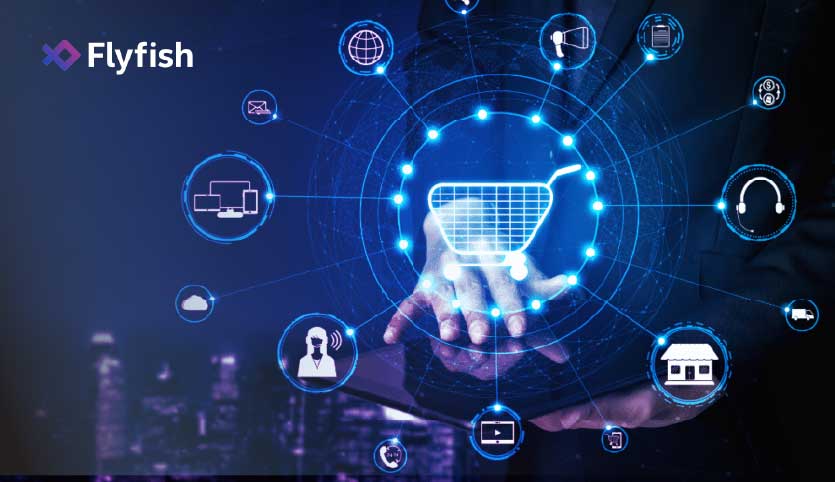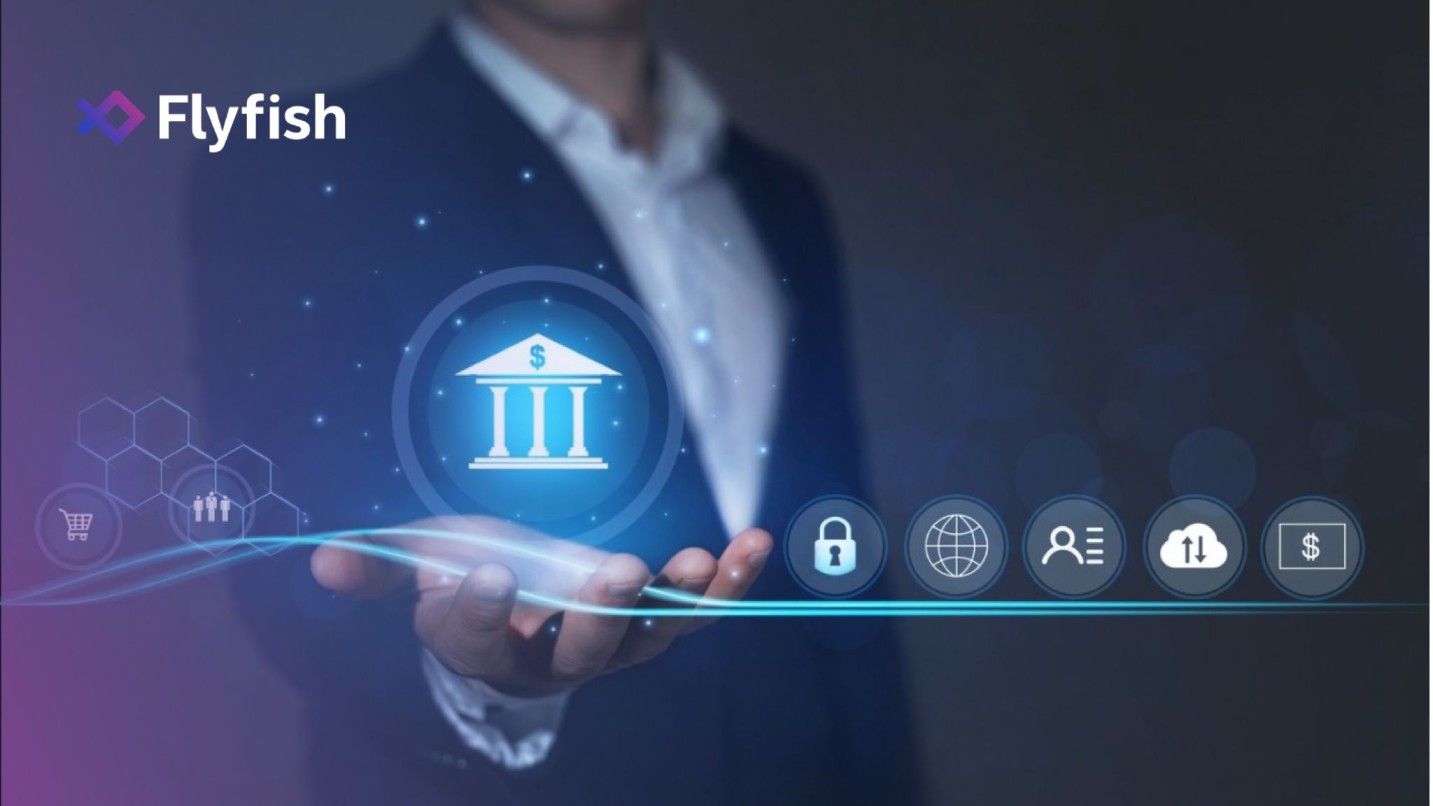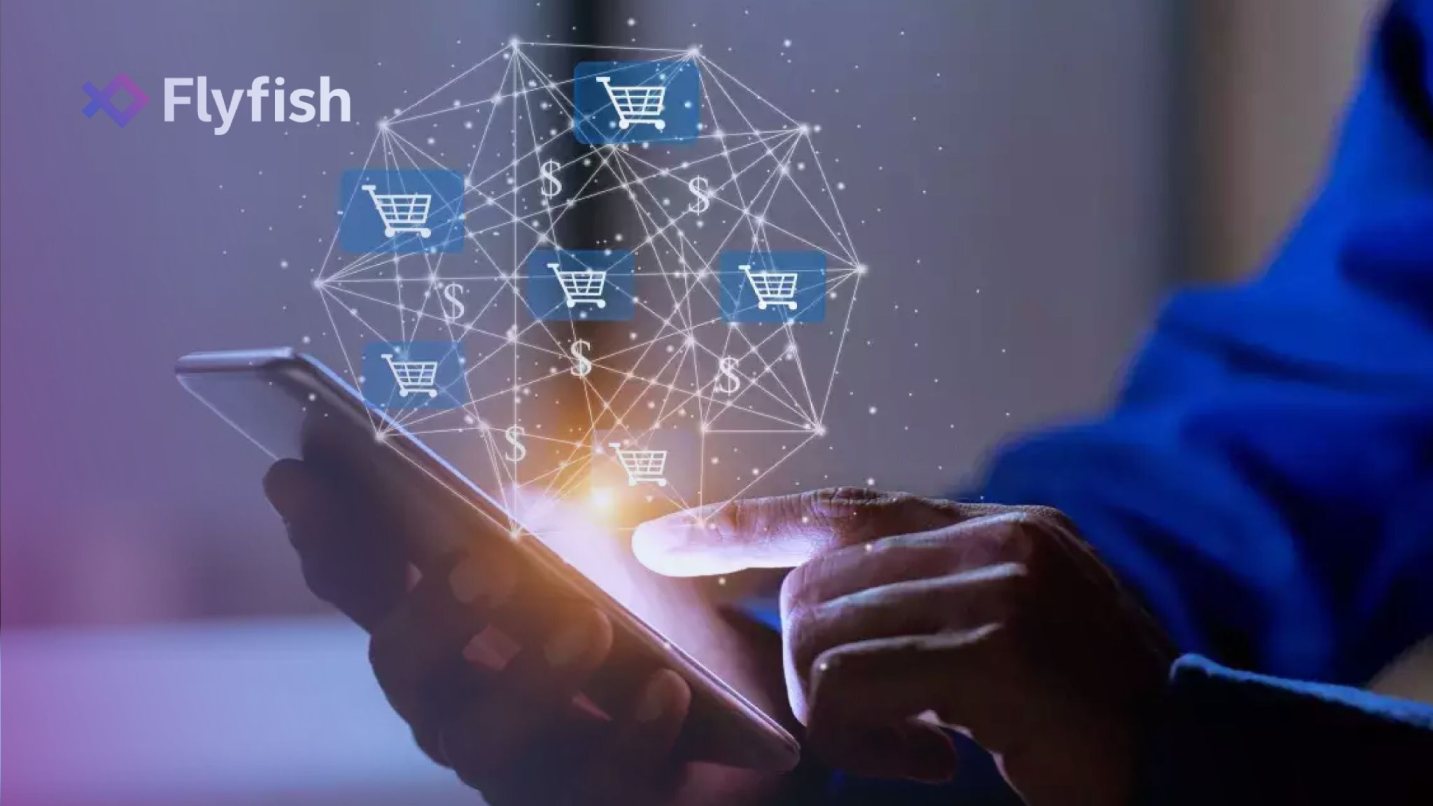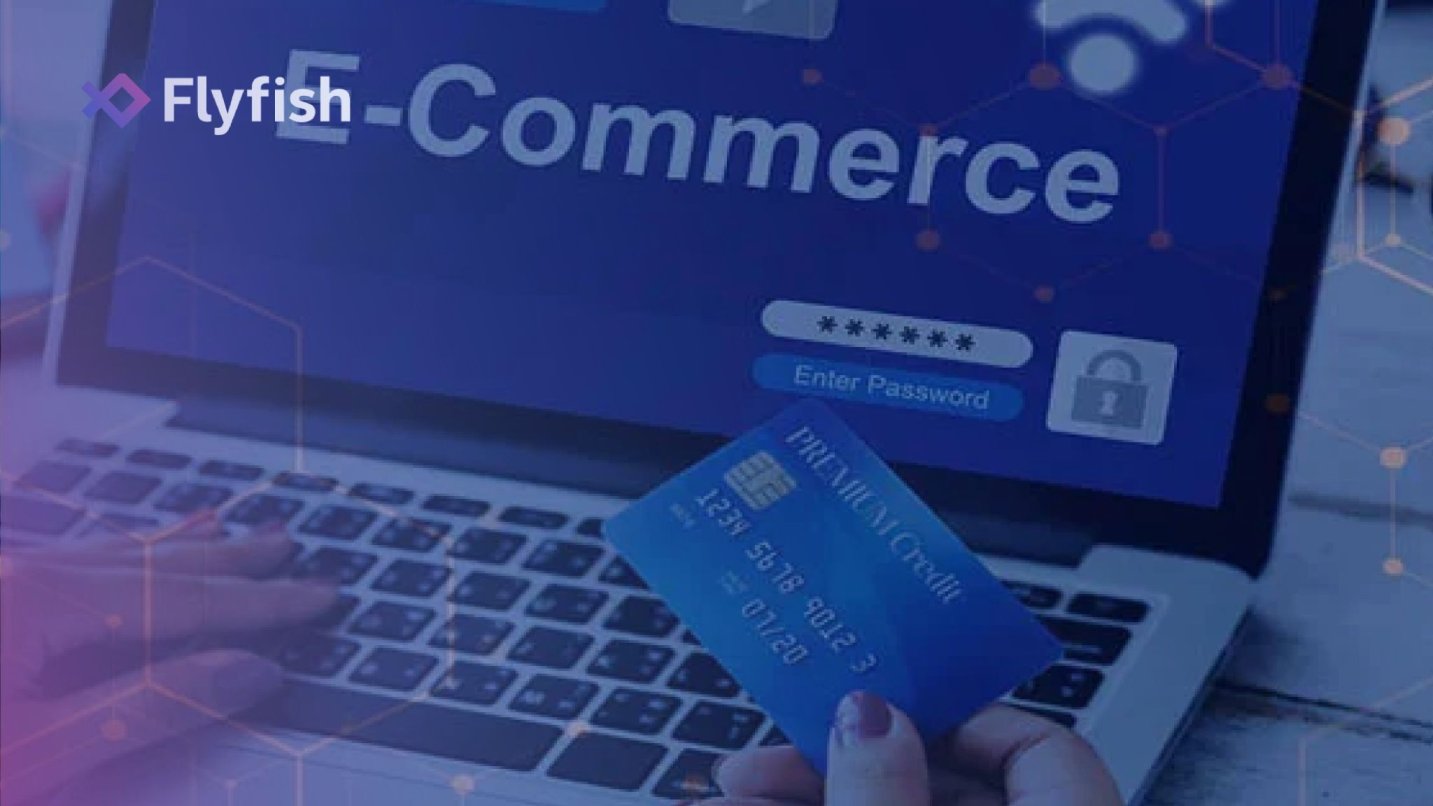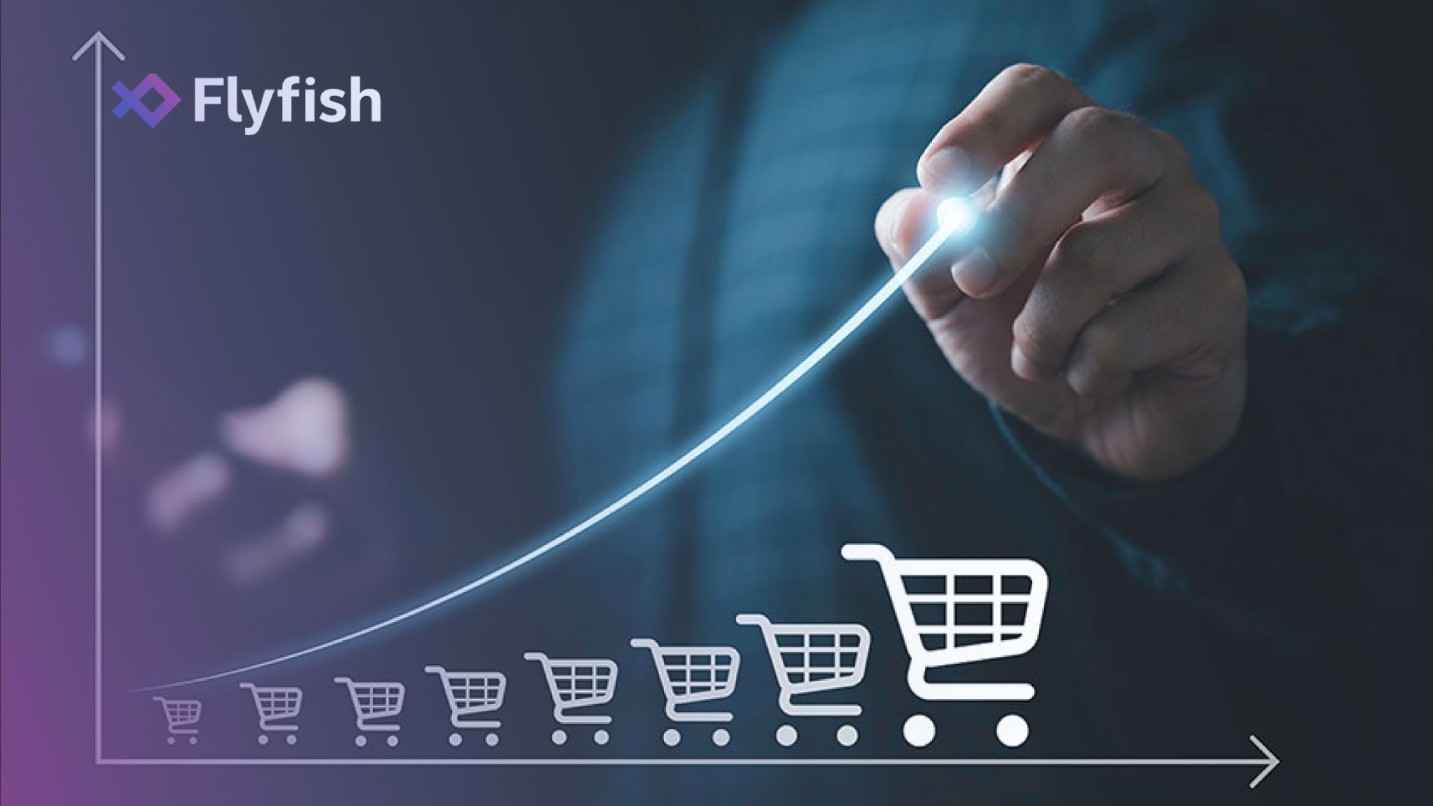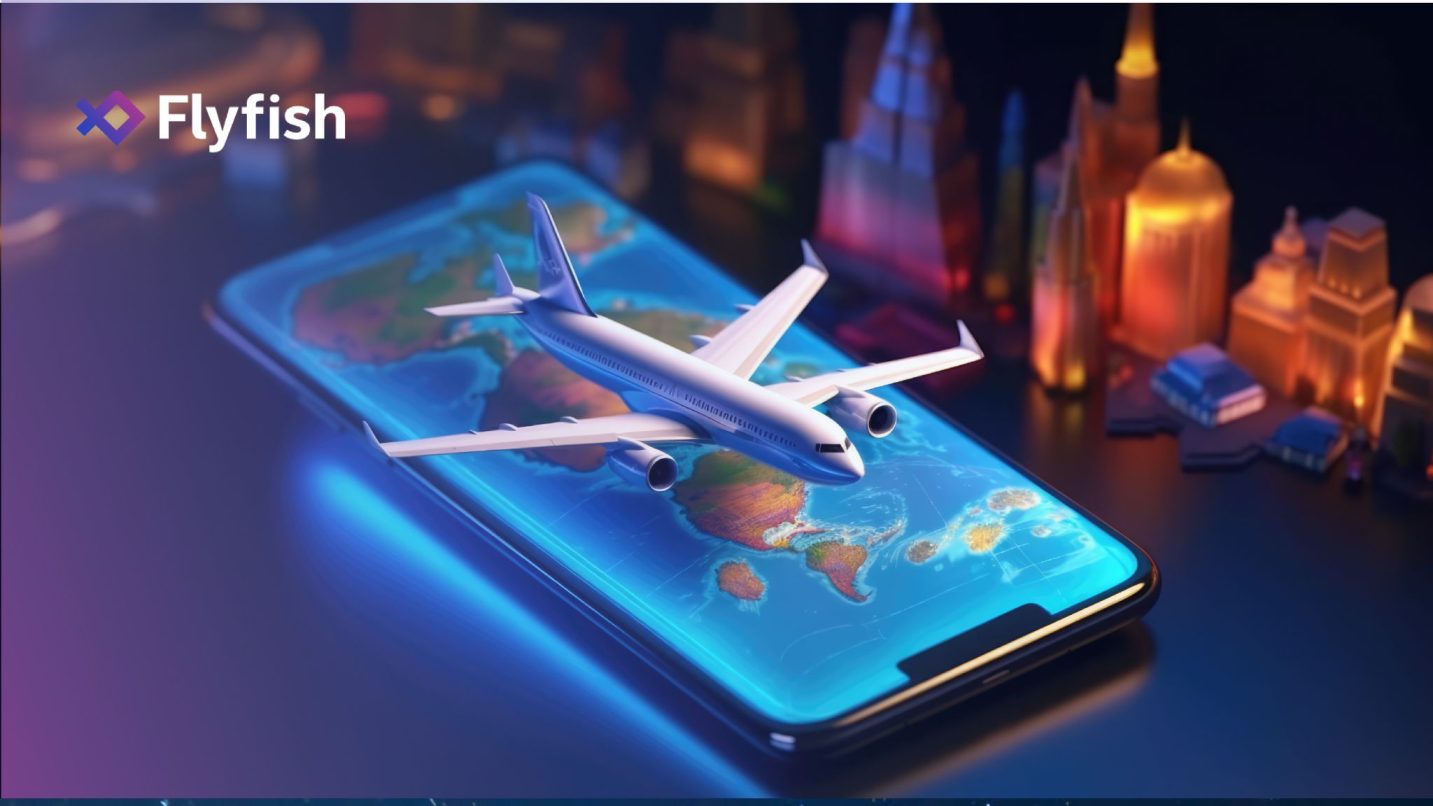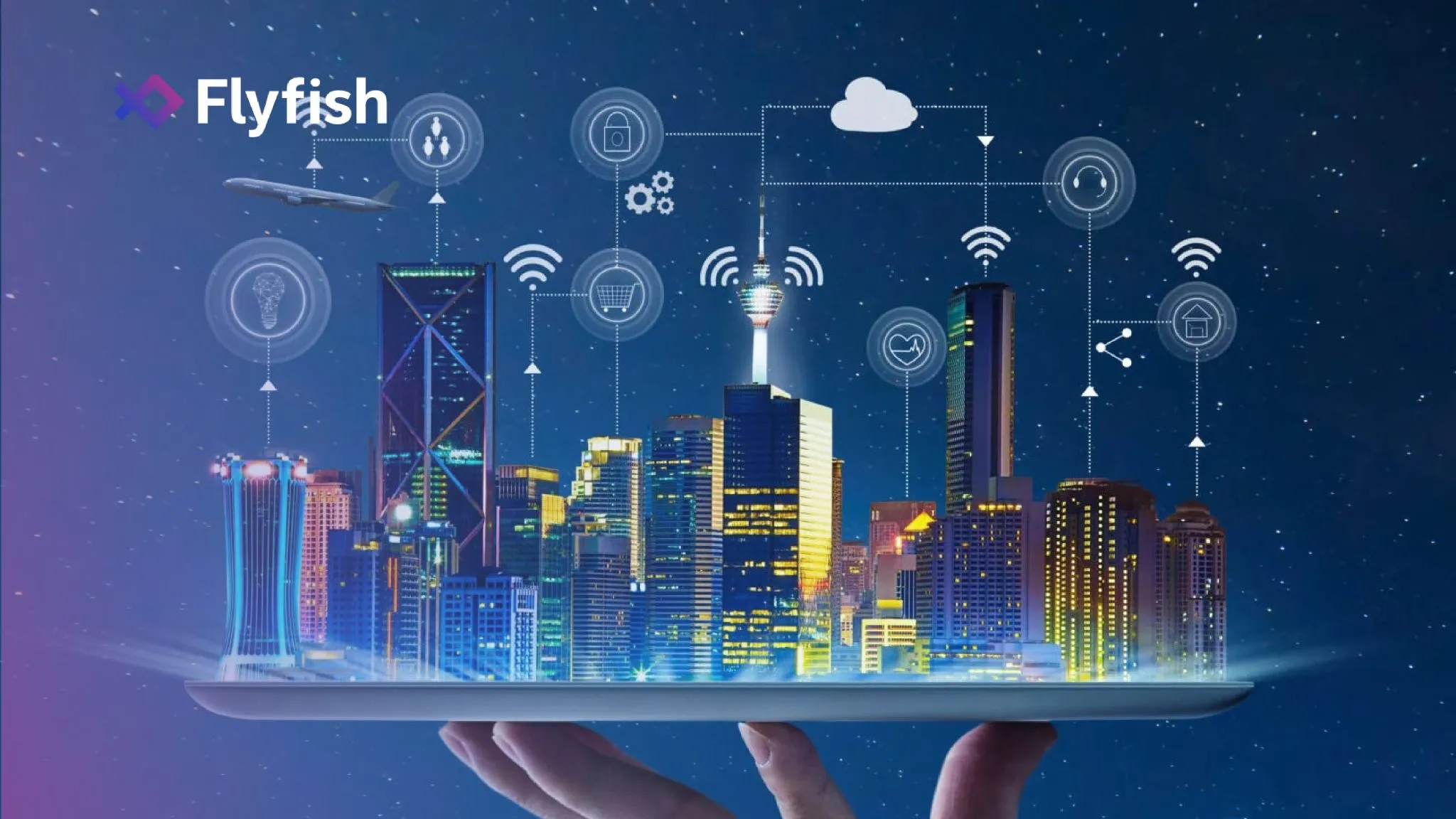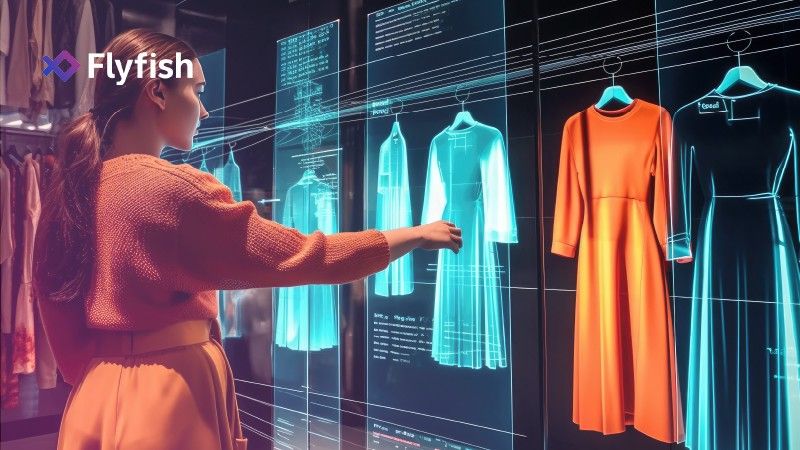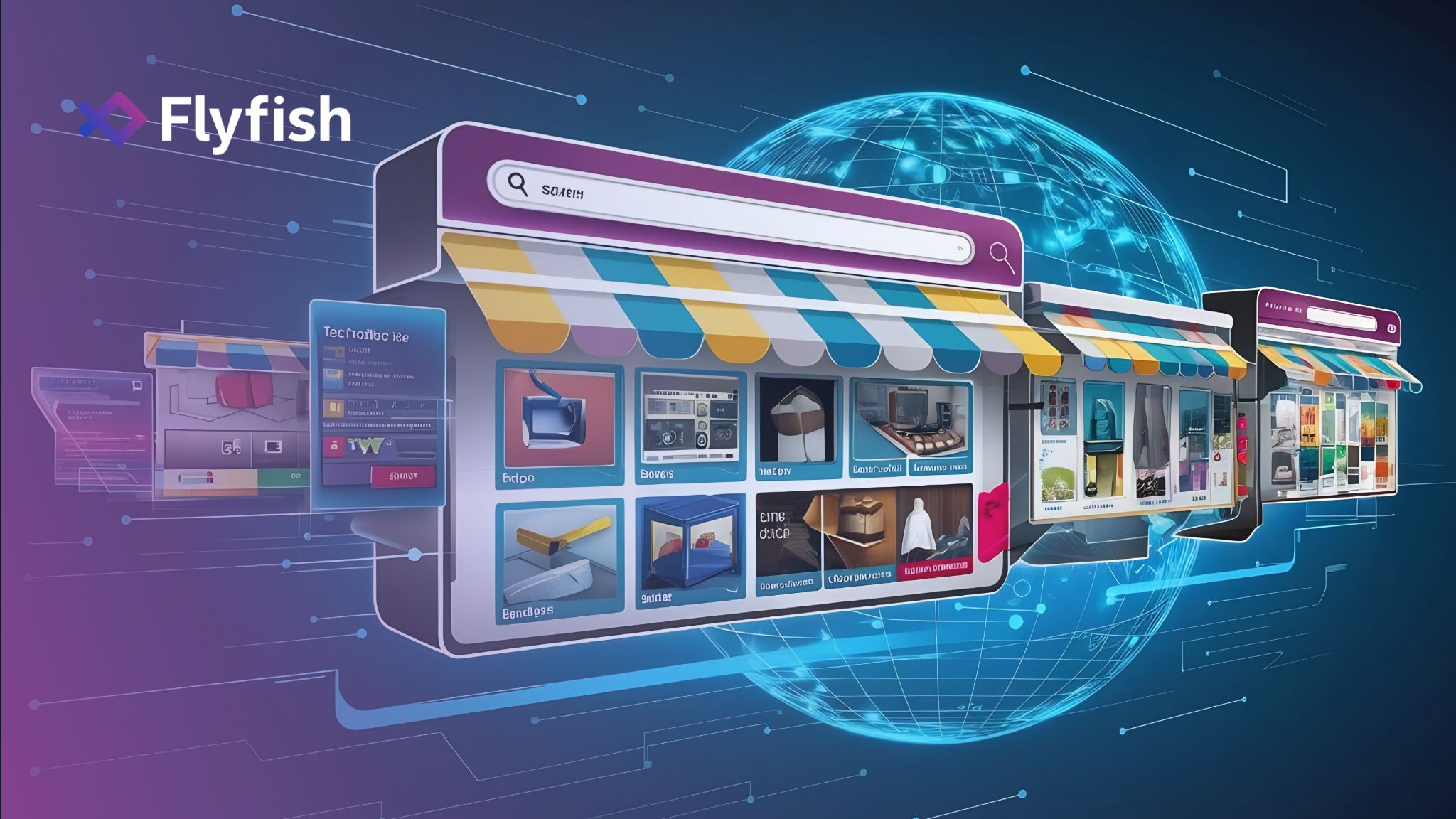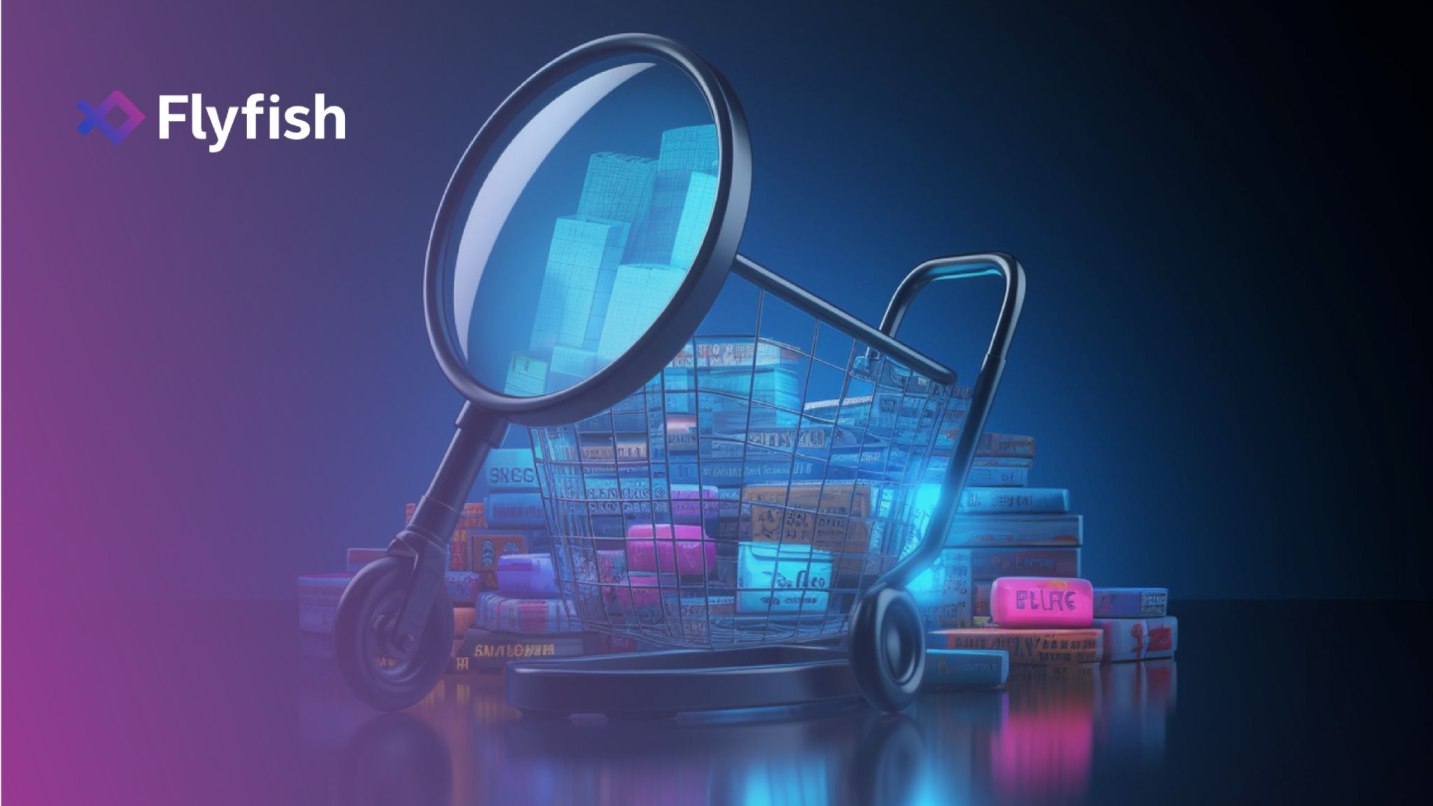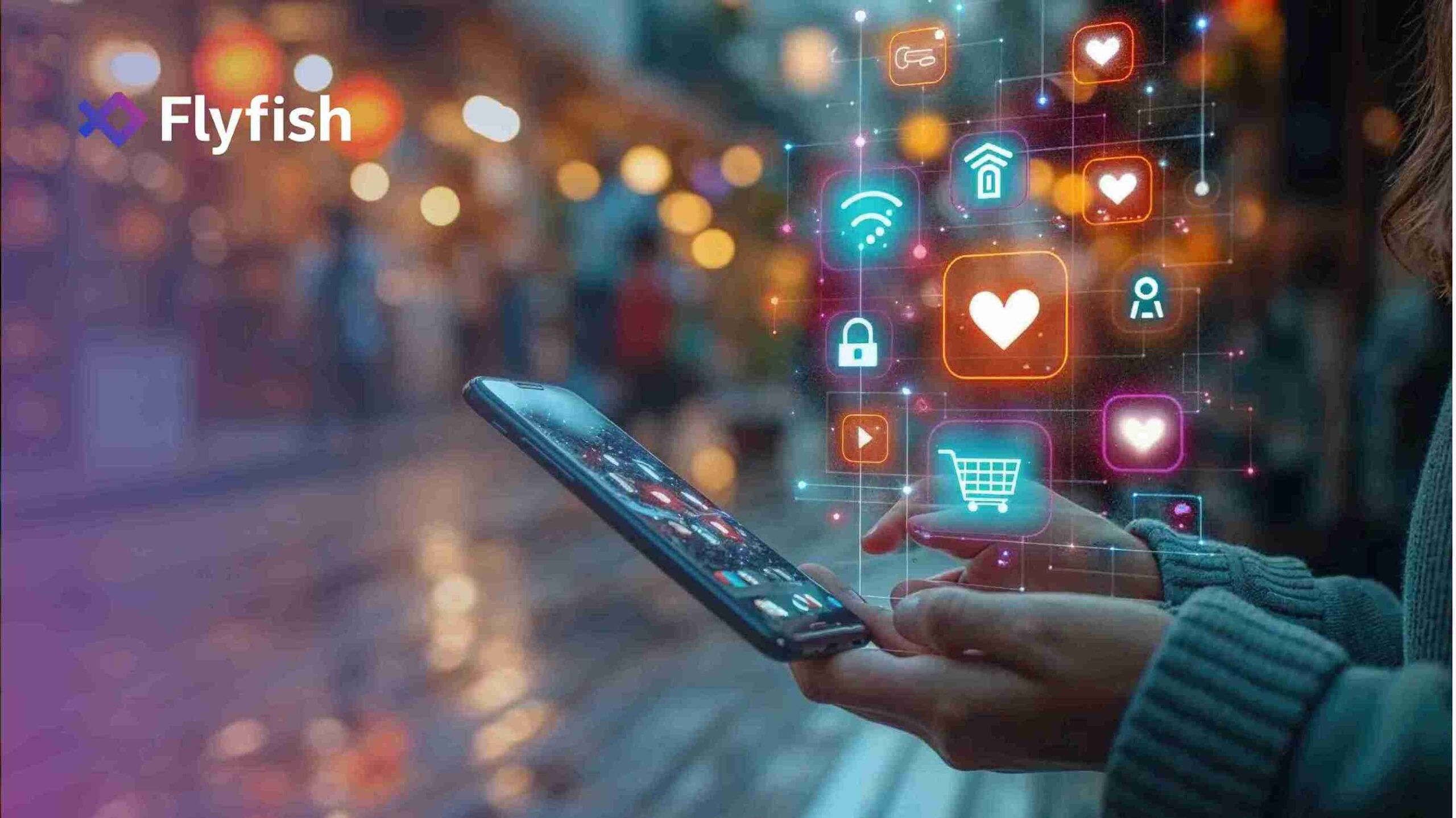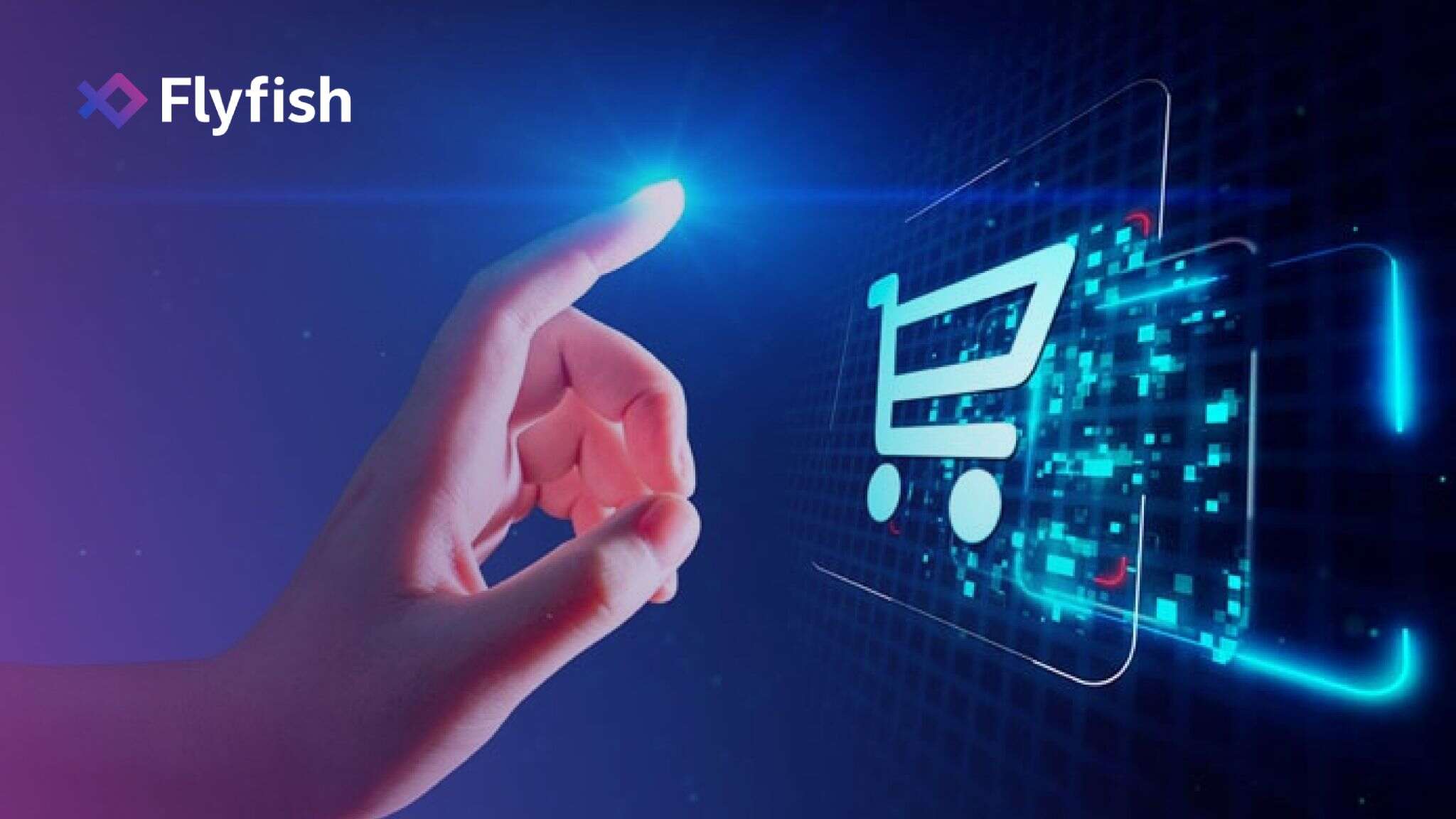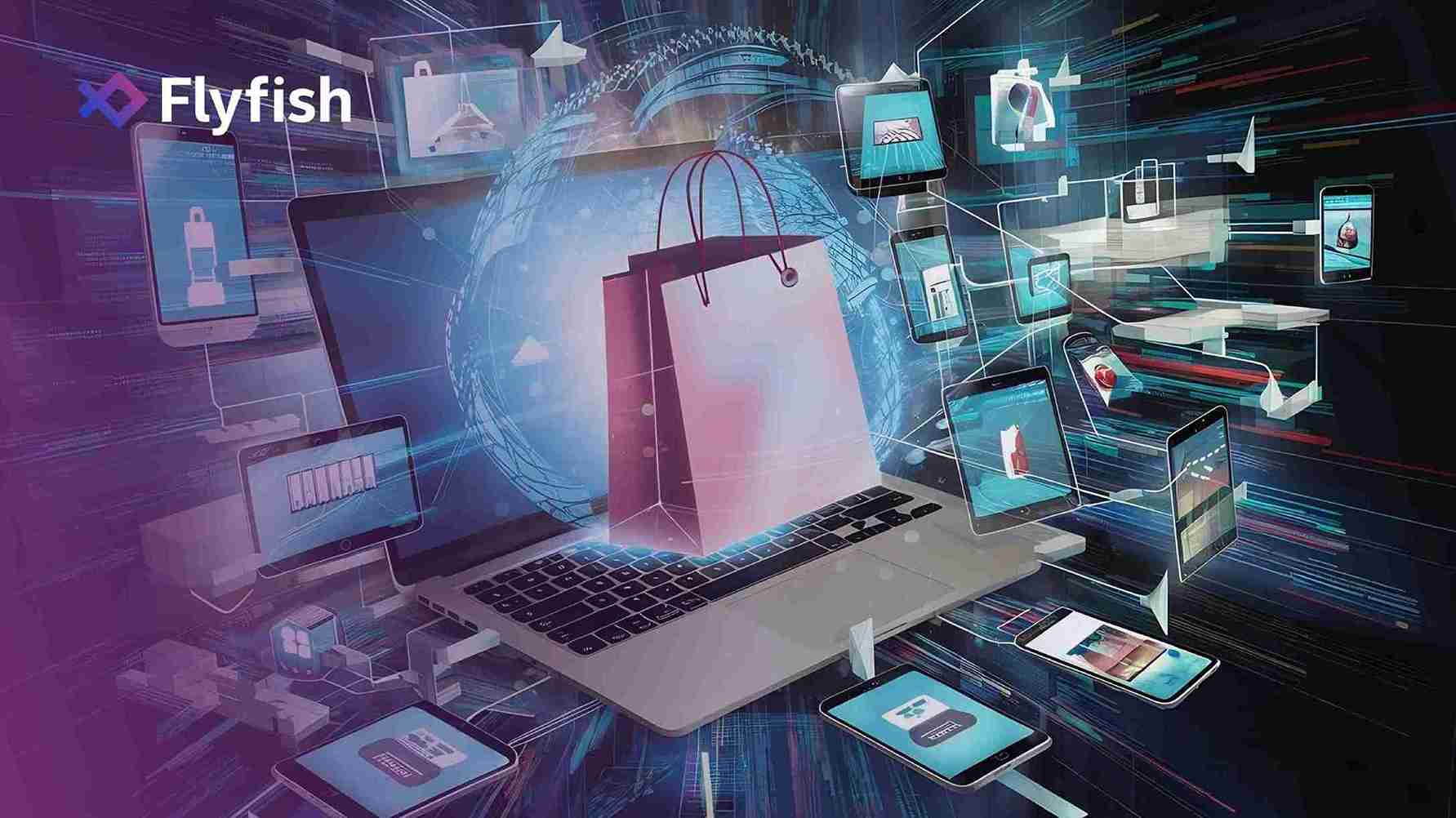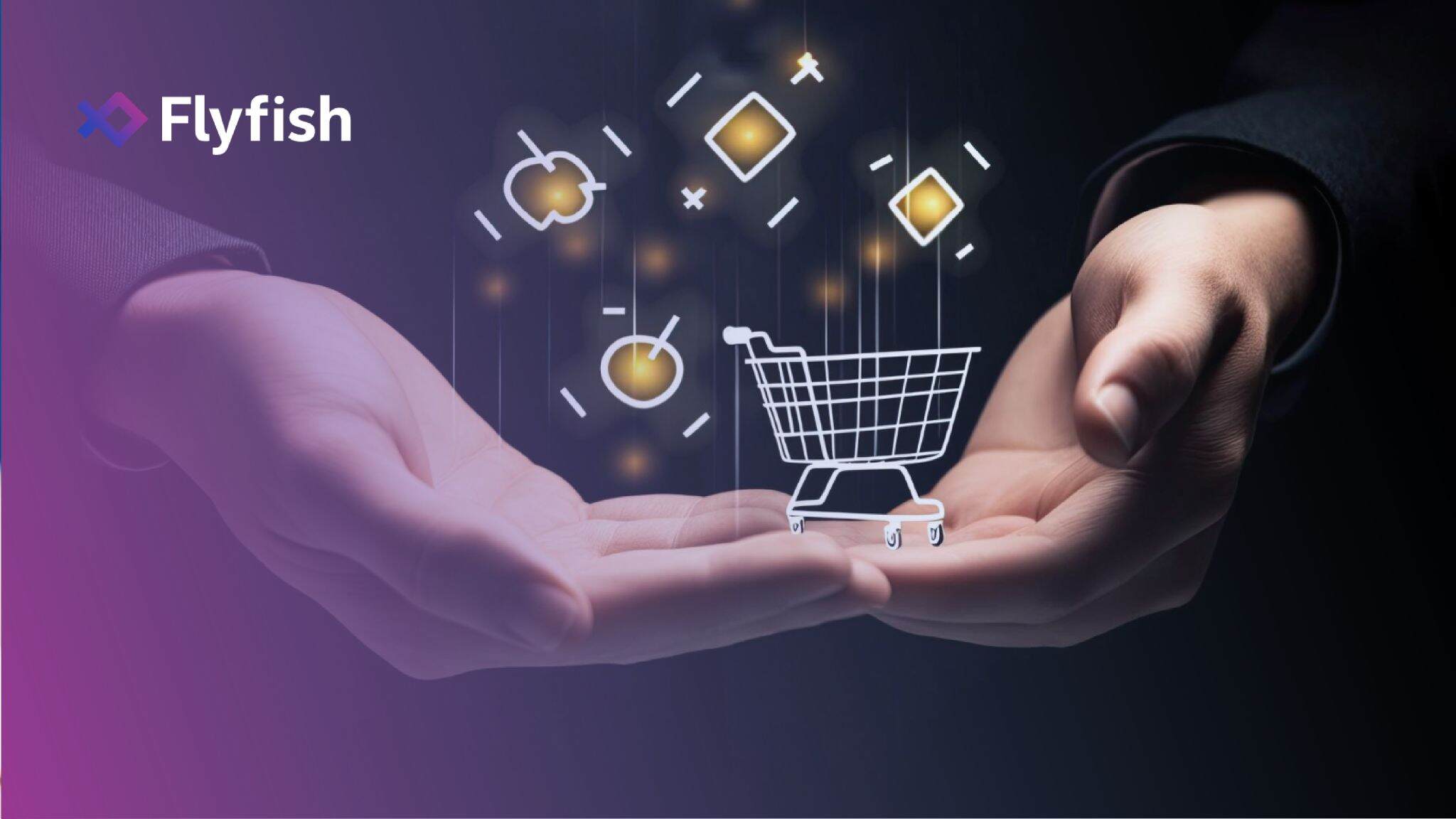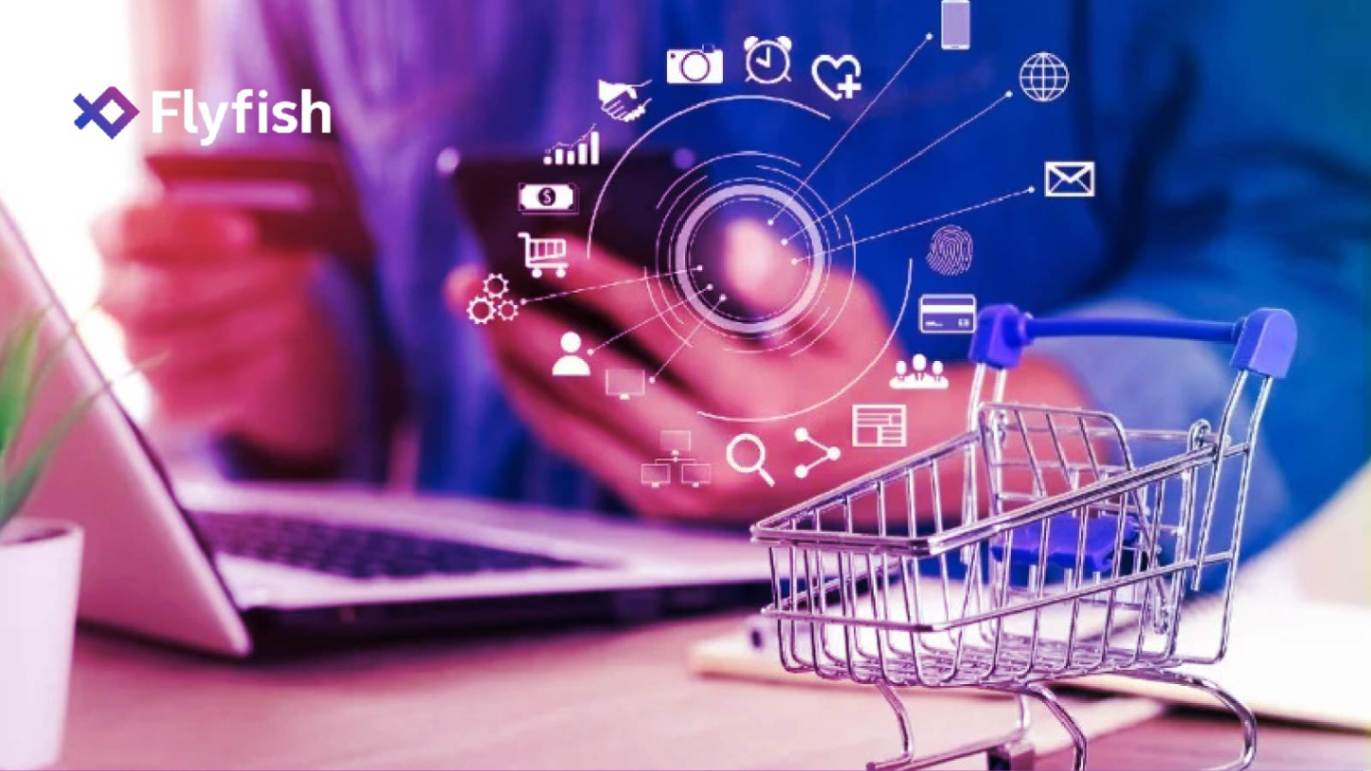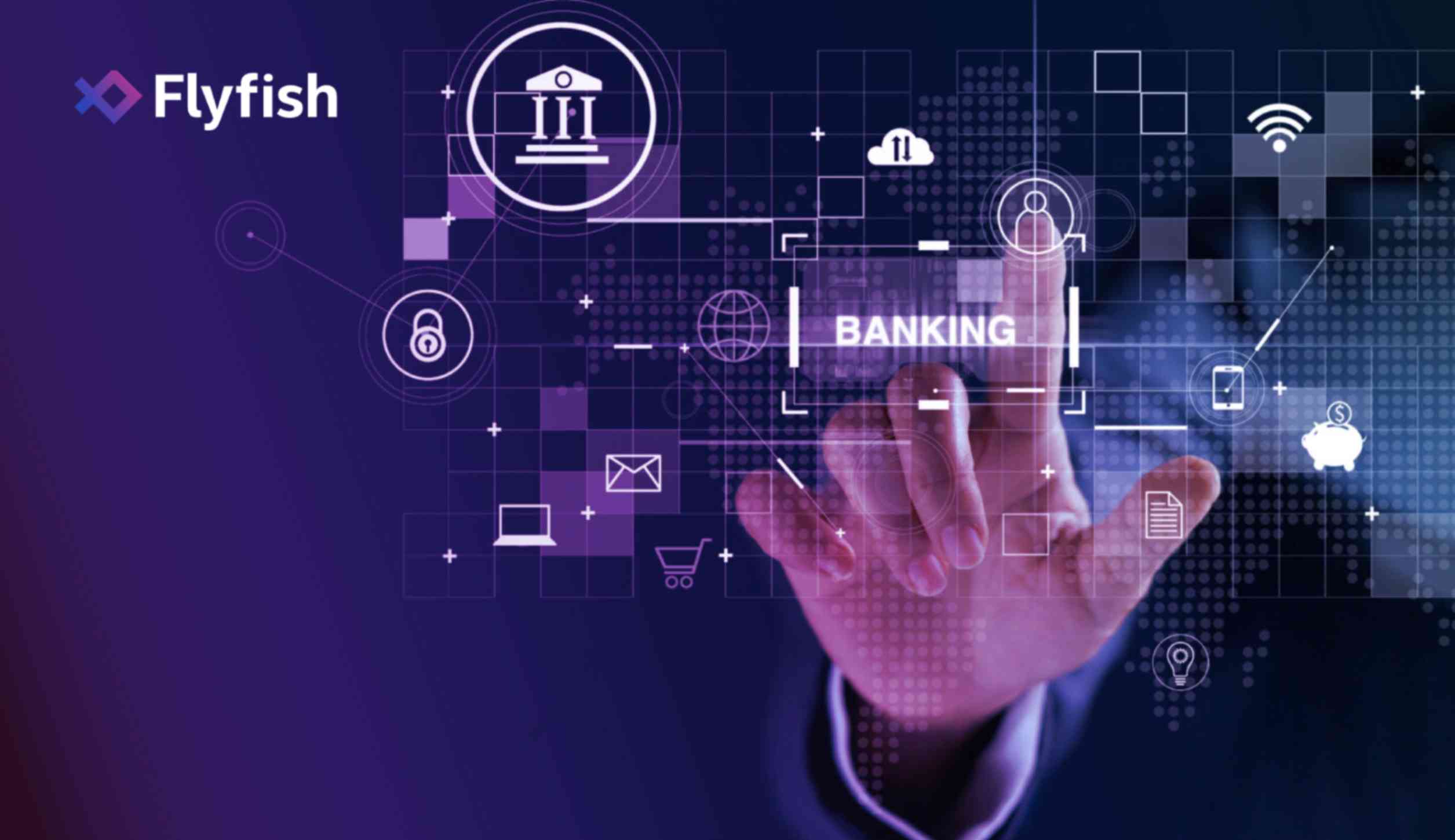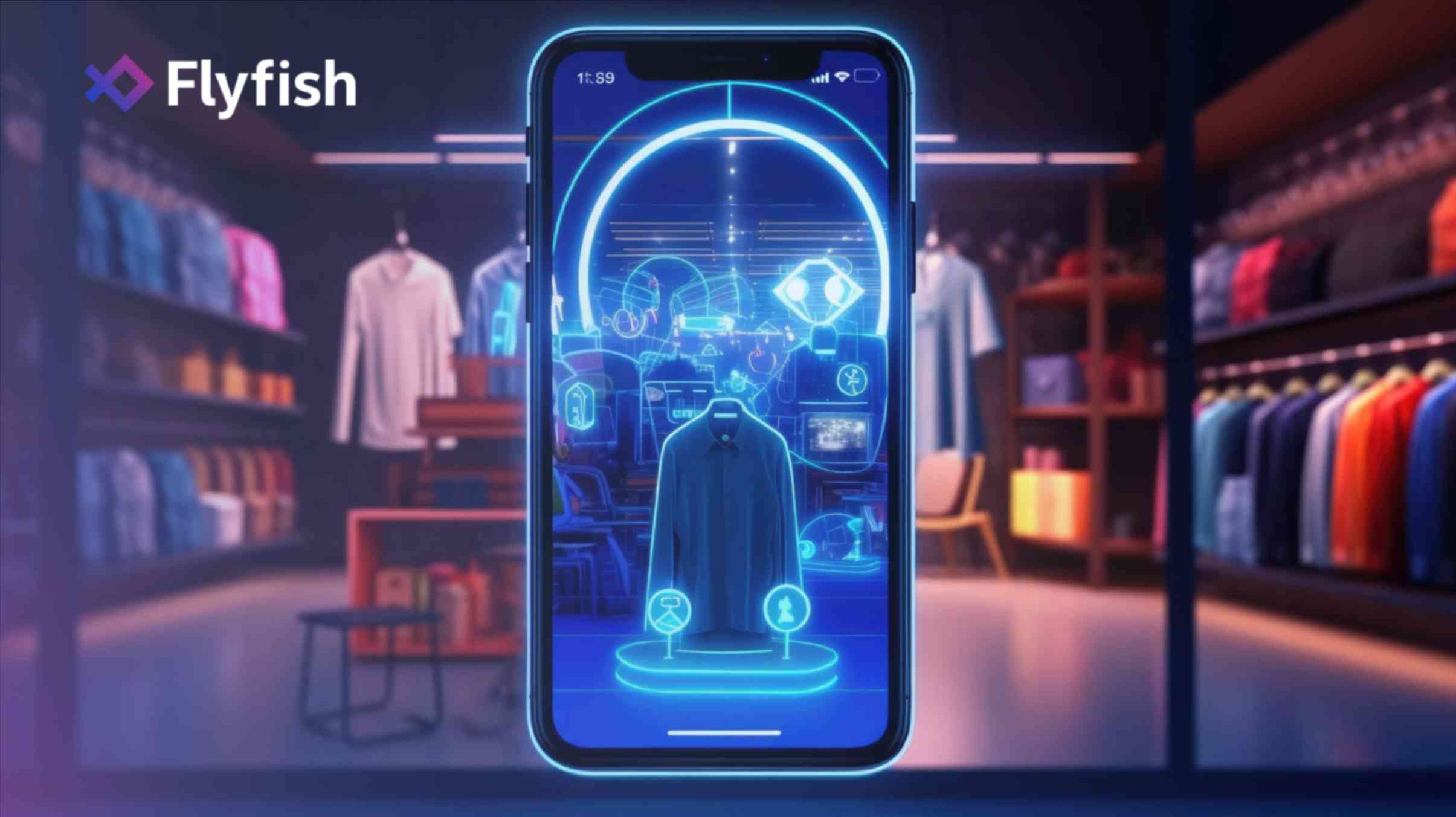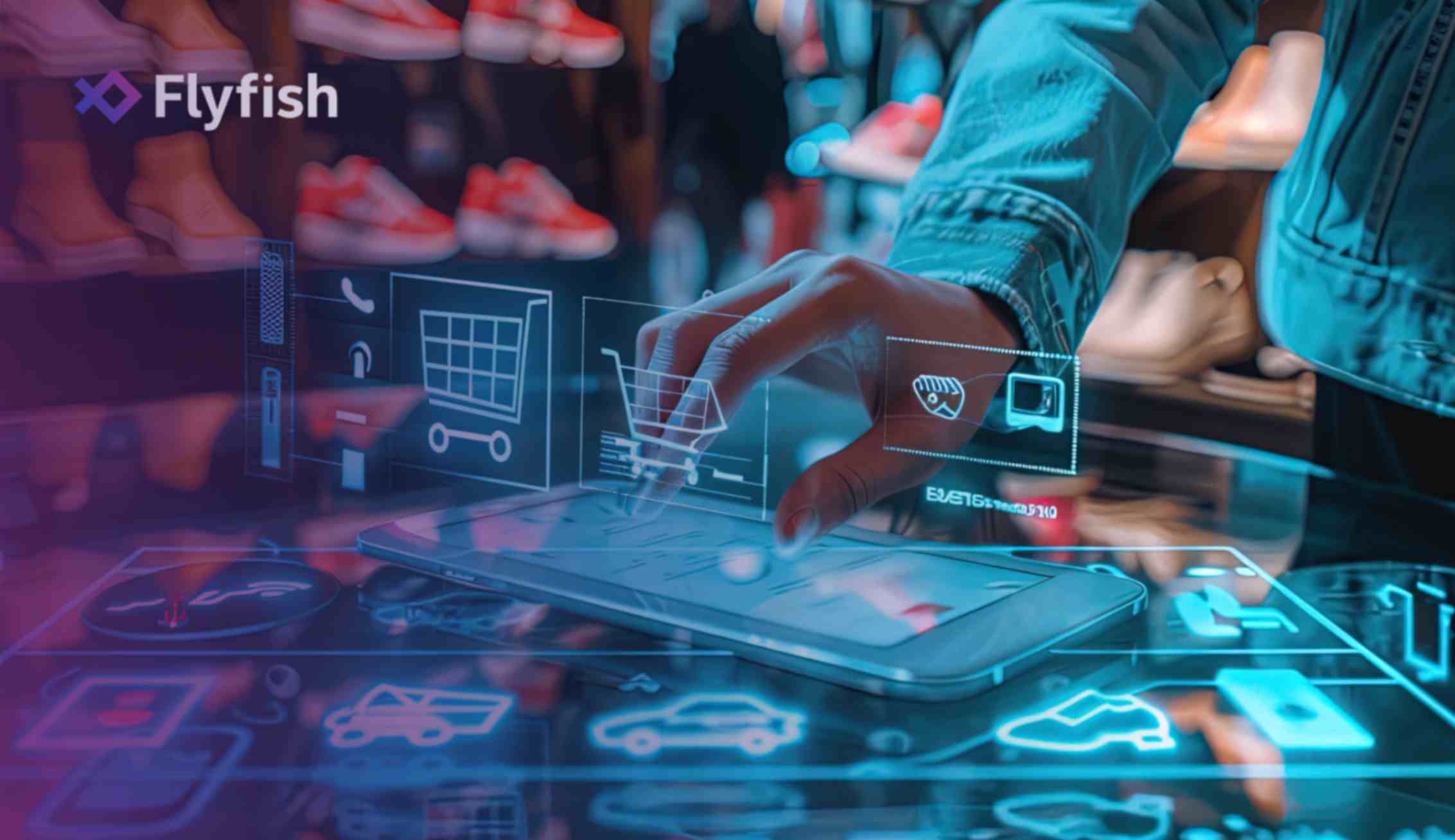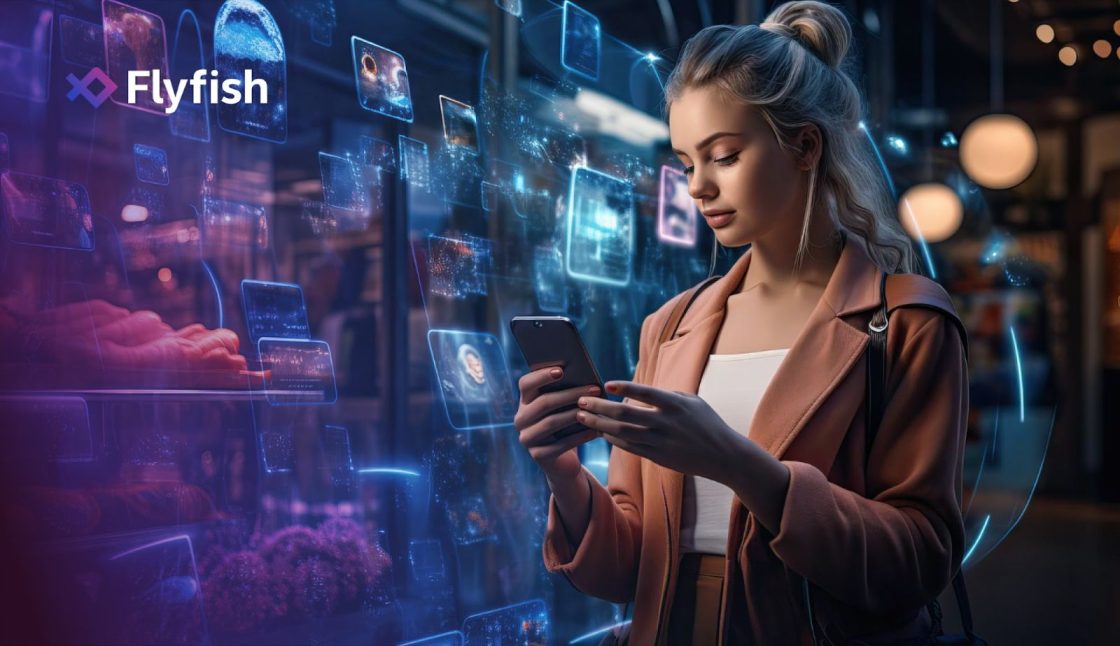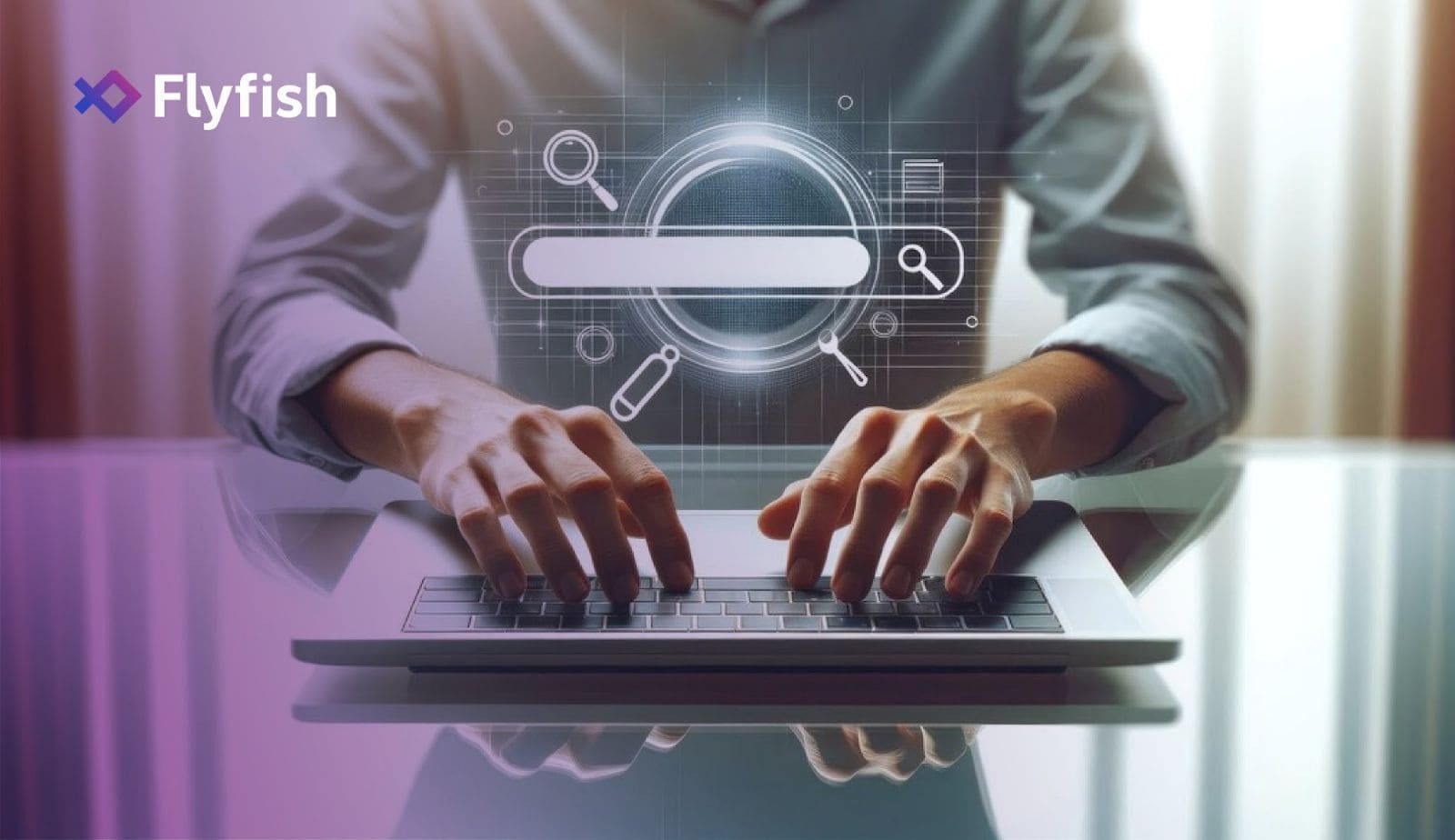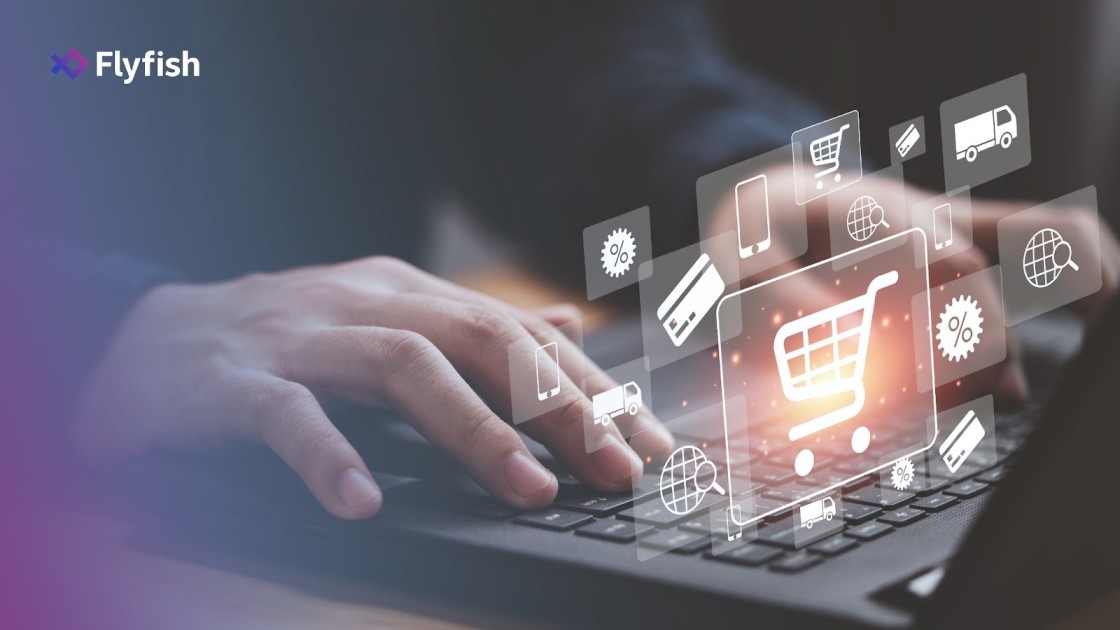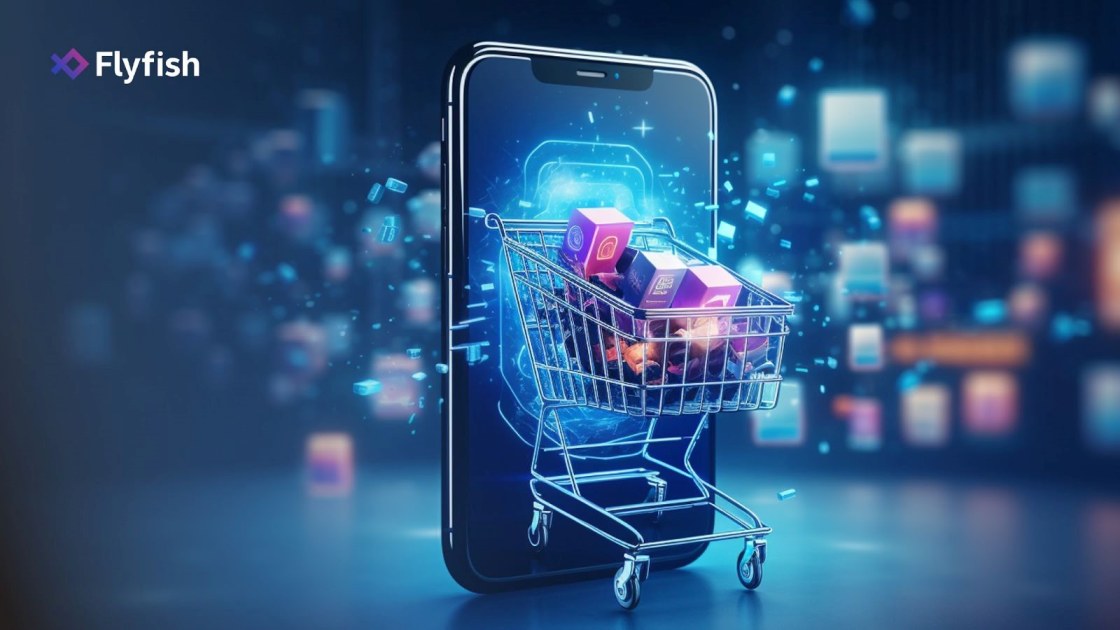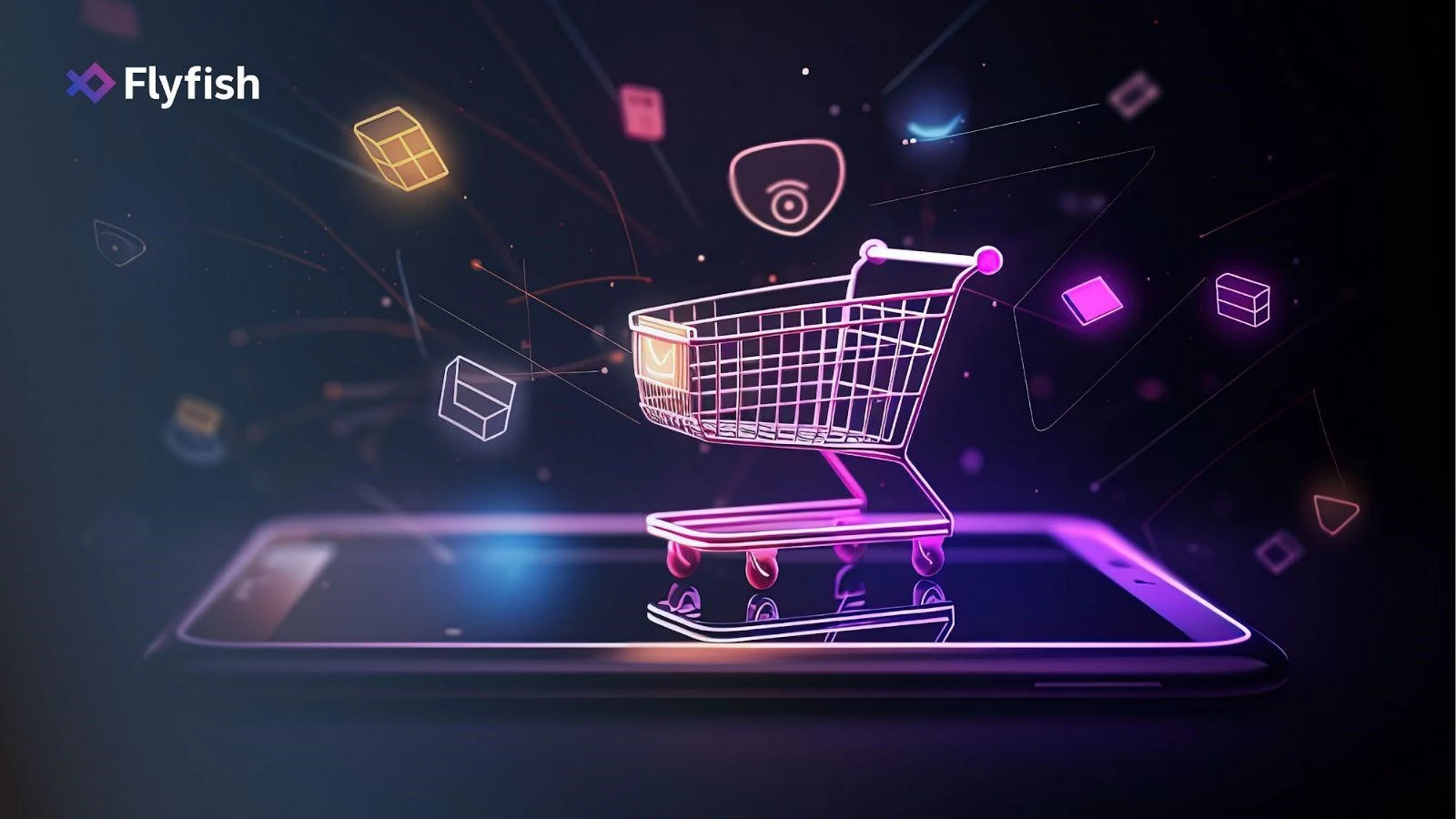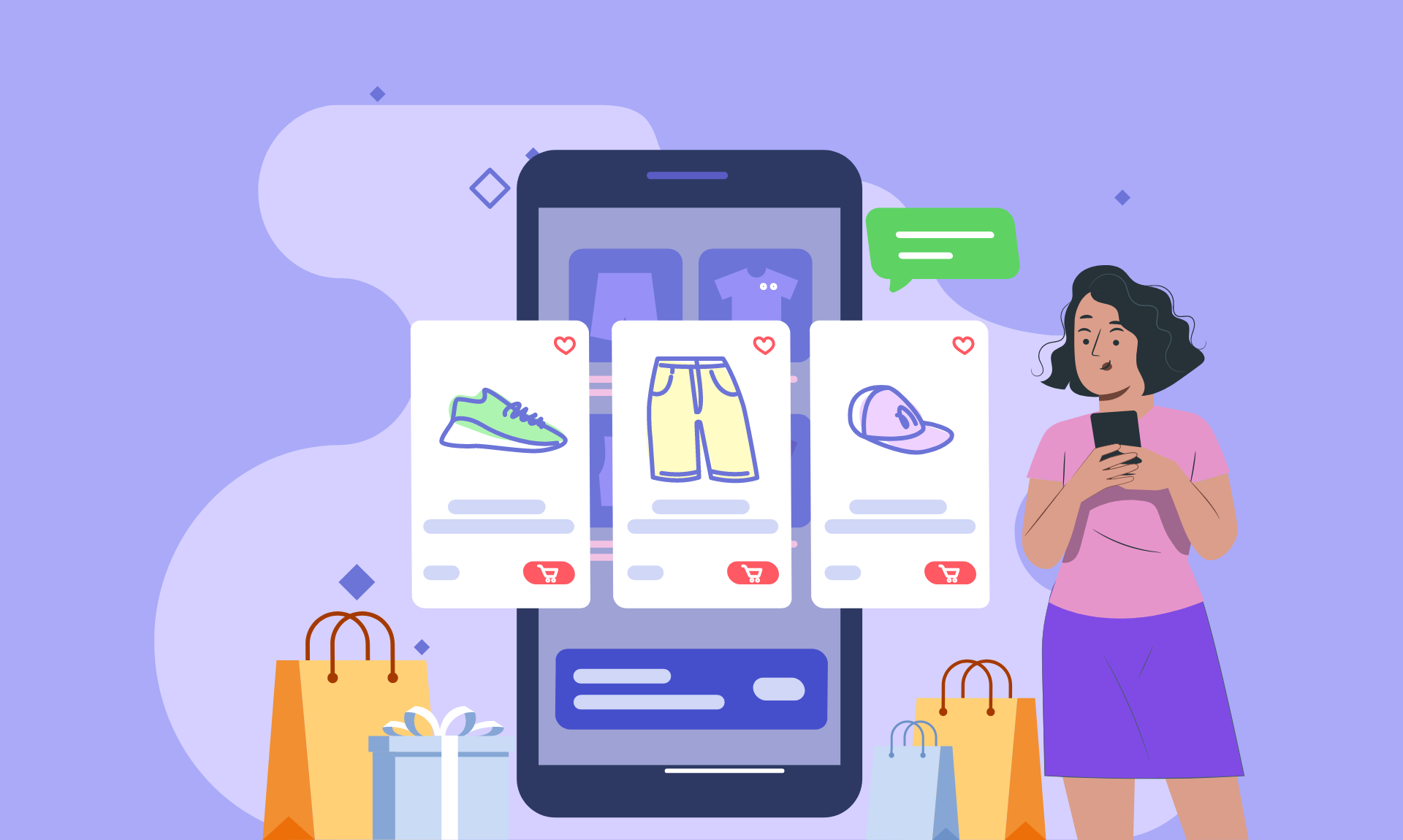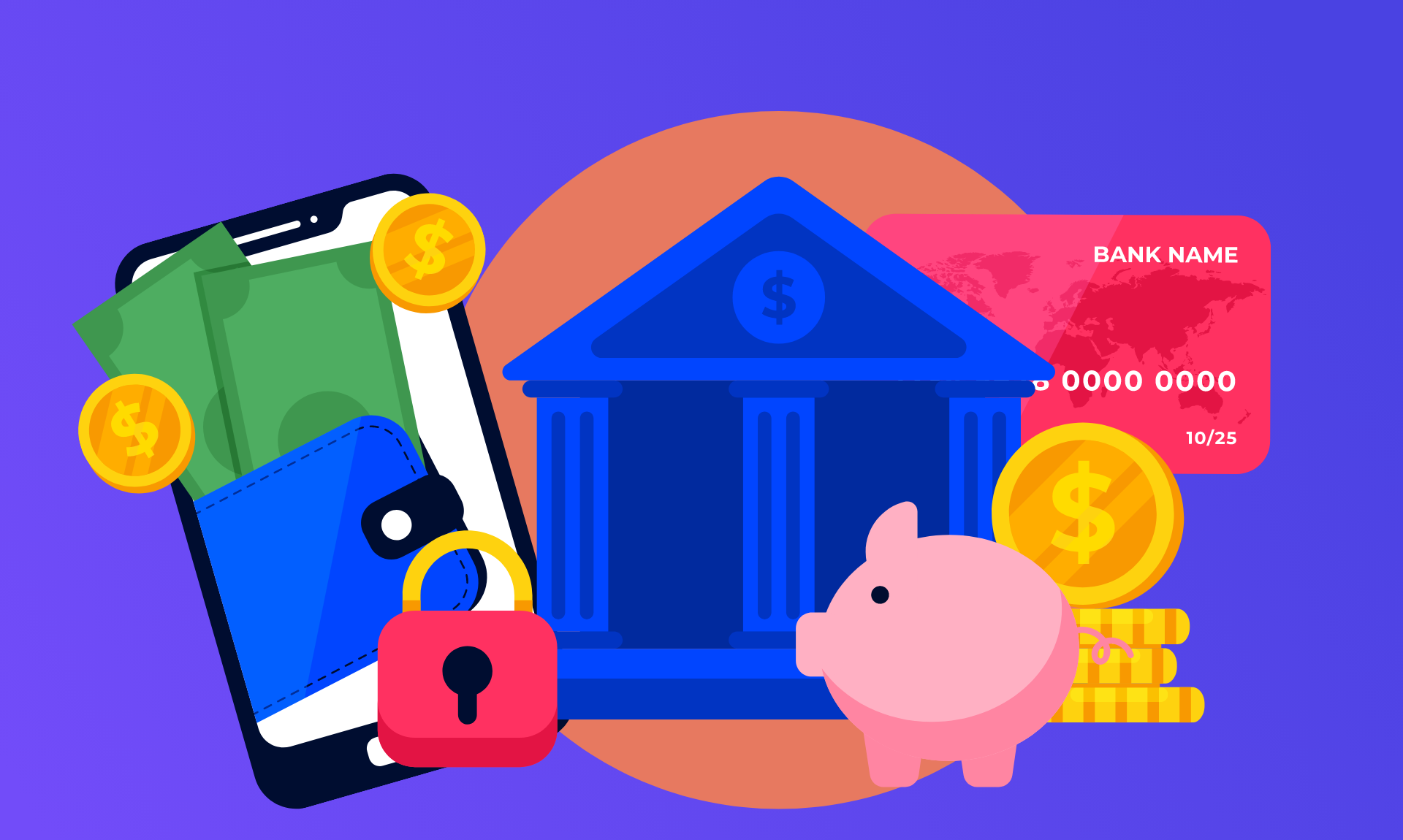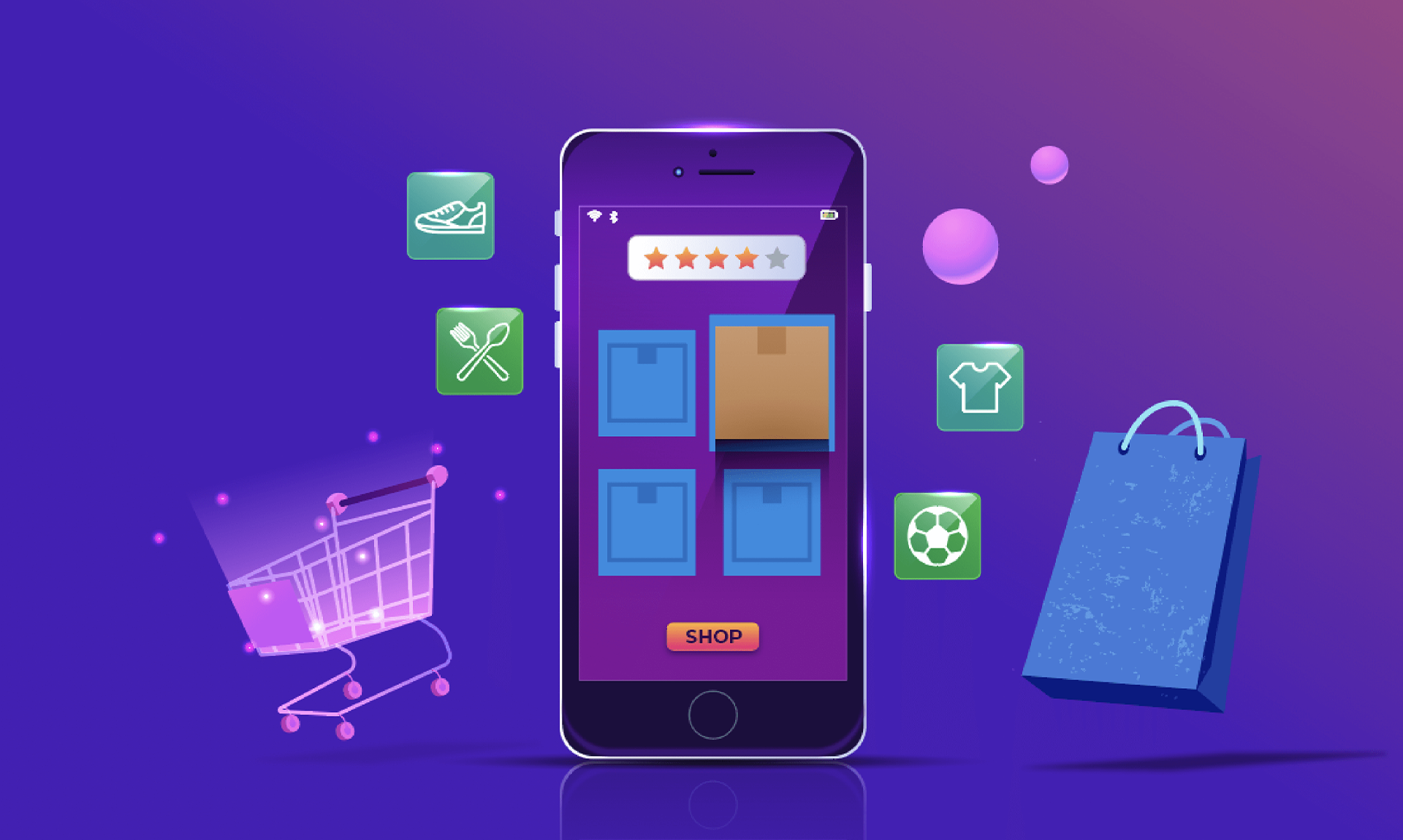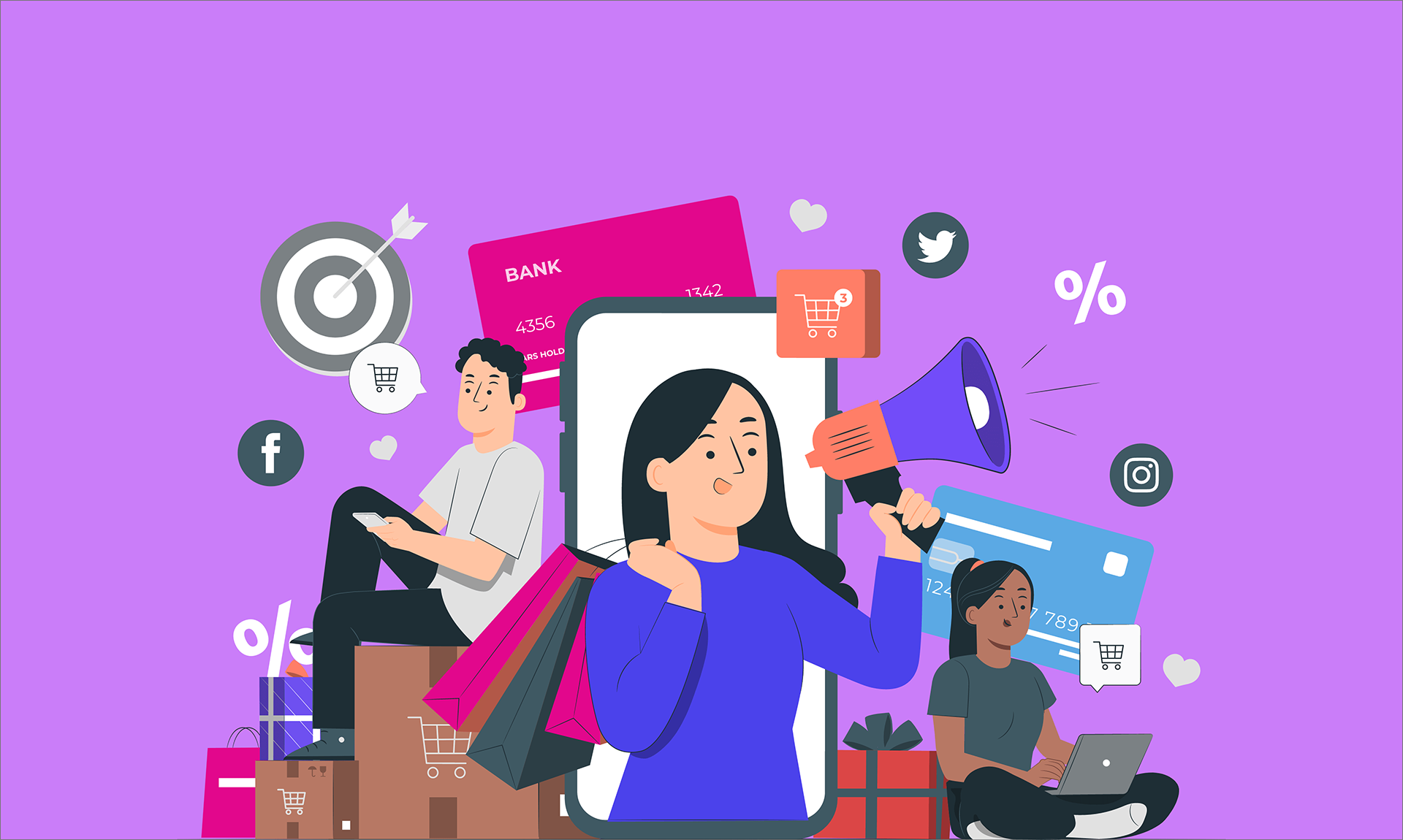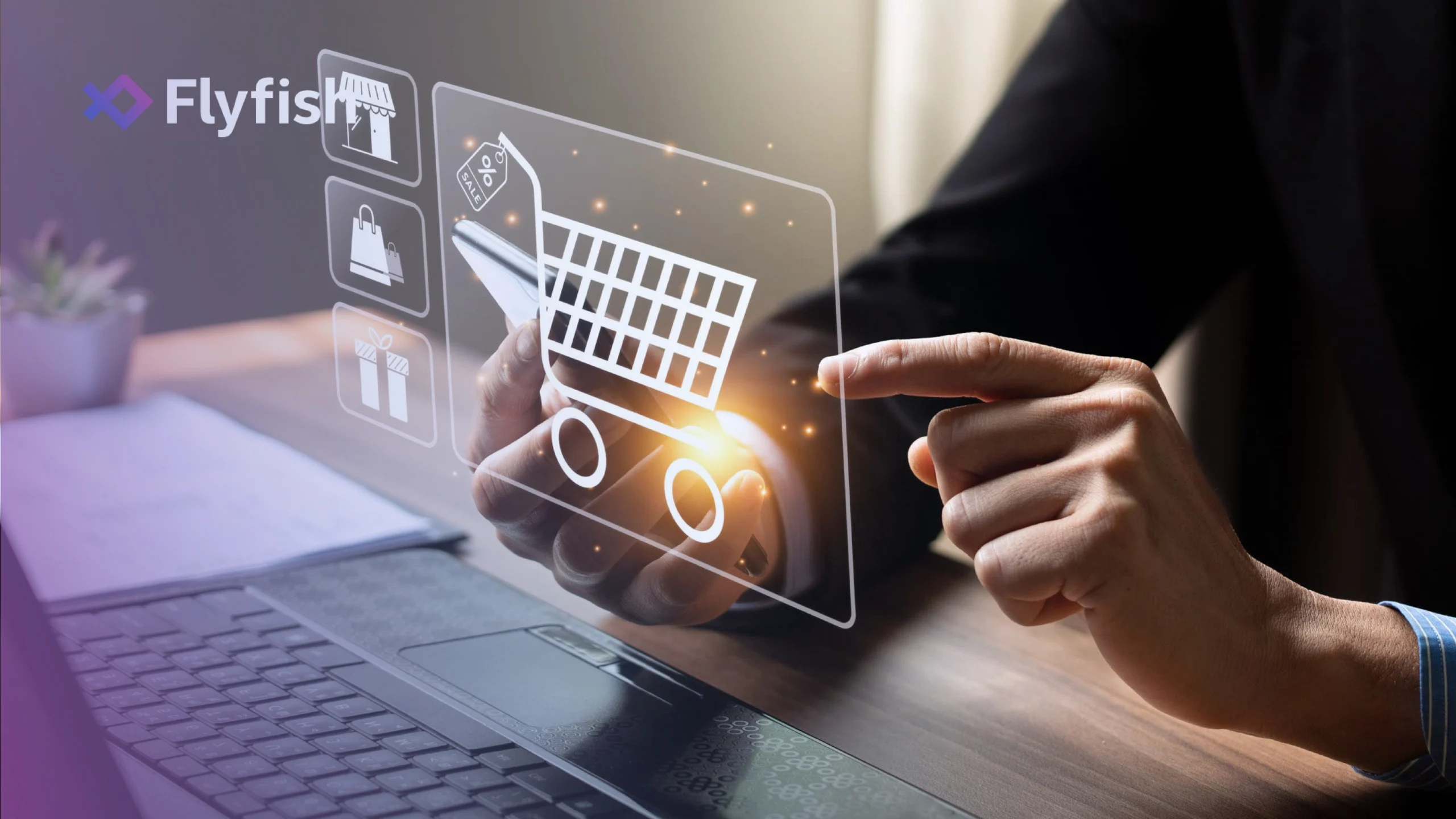
Introduction
Picture this: As you stroll into a store, the staff not only knows your favorite brands but also recalls your past purchases, effortlessly guiding you to the ideal outfit. Isn’t that the ultimate shopping experience? Well, that’s the beauty of personalization in ecommerce.
In today’s bustling online marketplace, relying solely on tactics like suggesting “frequently bought together” items falls short. The problem is clear: generic shopping experiences just don’t meet the requirements of the customer. They crave a more relevant, personalised experience. Studies show that 91% of consumers are more likely to shop with brands that provide relevant recommendations and offers.
This is where AI steps in, promising a new era of hyper-personalization. As Satya Nadella, CEO of Microsoft, said, ‘The AI revolution is not just about technology. It’s about how you apply it to the problems you want to solve.’ Personalization is exactly that – solving the problem of generic online shopping and creating a truly delightful experience for each customer.
This blog will look into the exciting world of advanced personalization strategies in ecommerce. Get ready to discover the cutting-edge tactics that are revolutionizing ecommerce and turning window-shoppers into loyal customers.
The Rise of Personalization in B2B Ecommerce
For years, the term “personalization” has been synonymous with B2C (business-to-consumer) ecommerce. However, a new trend is emerging: Personalization in B2B Ecommerce. This shift recognizes that business buyers, just like individual consumers, crave a more relevant and efficient online shopping experience.
But, what is personalization in B2B Ecommerce? It goes beyond simply remembering a company’s past orders. It’s about leveraging data and technology to tailor the online experience to each unique customer’s needs and buying habits. This can include:
- Customized product catalogs: Imagine a B2B supplier’s website that automatically hides irrelevant products and highlights those frequently purchased by a specific client, based on industry or past orders.
- Streamlined reordering: By remembering frequently ordered items and quantities, personalization can simplify the reordering process for busy procurement teams.
AI-driven personalization strategies take this a step further. These technologies analyze vast amounts of customer data to predict buying needs and suggest complementary products or services.
Having said that, the benefits of personalization in B2B ecommerce are numerous:
- Increased Efficiency: By streamlining the buying process and offering relevant products, B2B personalization saves time and resources for both the buyer and seller.
- Improved Client Satisfaction: Personalized experiences make B2B clients feel valued and understood, leading to higher satisfaction and loyalty.
- Boosted Sales: Smarter product recommendations and targeted promotions can significantly increase the average order value and overall sales.
Personalization in B2B ecommerce is no longer a luxury, it’s a necessity. By embracing this trend and implementing advanced personalization strategies, B2B companies can create a frictionless and personalized shopping journey that fosters stronger client relationships and drives long-term business success.
Advanced Personalization Strategies in Ecommerce
Now, let’s explore the game-changing methods shaping online shopping. The best part? These modern approaches boost customer involvement and fuel remarkable growth in the digital market.
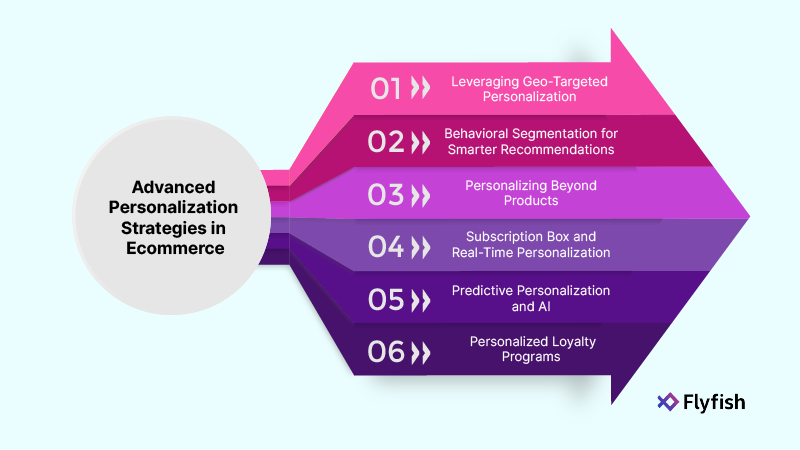
Leveraging Geo-Targeted Personalization
Personalization goes beyond browsing history. Geo-targeted personalization uses location data to tailor the experience. Imagine seeing winter jackets on a cold morning – that’s the power! Businesses can showcase popular local products, highlight regional promotions, and display content in the user’s language. This creates a more relevant and convenient shopping experience, boosting engagement and sales.
Behavioral Segmentation for Smarter Recommendations
Ecommerce can go beyond basic recommendations. Behavioral segmentation analyzes how users interact with the site – what they view, how long they browse, and abandoned carts. This lets platforms group customers based on their interests and purchase intent. Imagine seeing workout accessories after browsing athletic wear! By tailoring recommendations to these segments, conversion rates soar. Happy customers who feel understood become loyal fans, driving repeat business.
Personalizing Beyond Products
Advanced personalization strategies in ecommerce go beyond product recommendations. Think of a website that adjusts to each visitor! First-time visitors see a simplified layout, while returning customers encounter a personalized dashboard. This keeps users engaged and simplifies navigation. Dynamic content is key: banners, descriptions, and blog posts can be tailored based on user data. Studies show personalized content can increase conversions by up to 500%, making it a powerful tool for boosting engagement and sales.
Subscription Box and Real-Time Personalization
Subscription boxes are leveling up with ecommerce personalization. Picture a beauty box using real-time data to customize deliveries based on your purchases, browsing habits, and even social media! This keeps customers engaged and delighted with every surprise box. The power doesn’t stop there. Real-time personalization can be applied throughout the ecommerce journey. Imagine websites that adjust recommendations, promotions, and even chat support based on what you’re browsing right now! This creates a seamless, hyper-personalized experience that keeps customers hooked.
Predictive Personalization and AI
Advanced ecommerce personalization strategies take a leap forward with predictive personalization powered by AI. This goes beyond reacting to past behavior – it anticipates future needs. Think about receiving a recommendation for a new pair of running shoes before you even realize you need them! A McKinsey report states that personalization can increase sales by up to 40%. By using AI to analyze vast amounts of data, businesses can predict customer preferences and proactively suggest products they’re likely to love. This proactive approach keeps customers engaged and drives higher sales.
Personalized Loyalty Programs
Forget generic points systems! Ecommerce personalization strategies are revamping loyalty programs to truly delight customers. Imagine a program that rewards you based on your actual purchases, not just spending amounts. By analyzing your purchase history and preferences, businesses can customize rewards that truly resonate with each customer. This could include exclusive discounts on favorite brands, early access to new products, or personalized birthday gifts. As Fred Reichheld, author of “The Loyalty Effect,” said, “Loyalty is a result, not a program.” Personalized loyalty programs go beyond points and tiers, promoting genuine connections and building long-term customer relationships.
Conclusion
The future of ecommerce is personalized. By leveraging advanced strategies like AI and real-time data, businesses can create a shopping experience that feels like a one-on-one conversation. From geo-targeted recommendations to predictive product suggestions, personalization keeps customers engaged, drives sales, and fosters long-term brand loyalty. Don’t miss out on this ecommerce revolution – embrace personalization and watch your business thrive.
